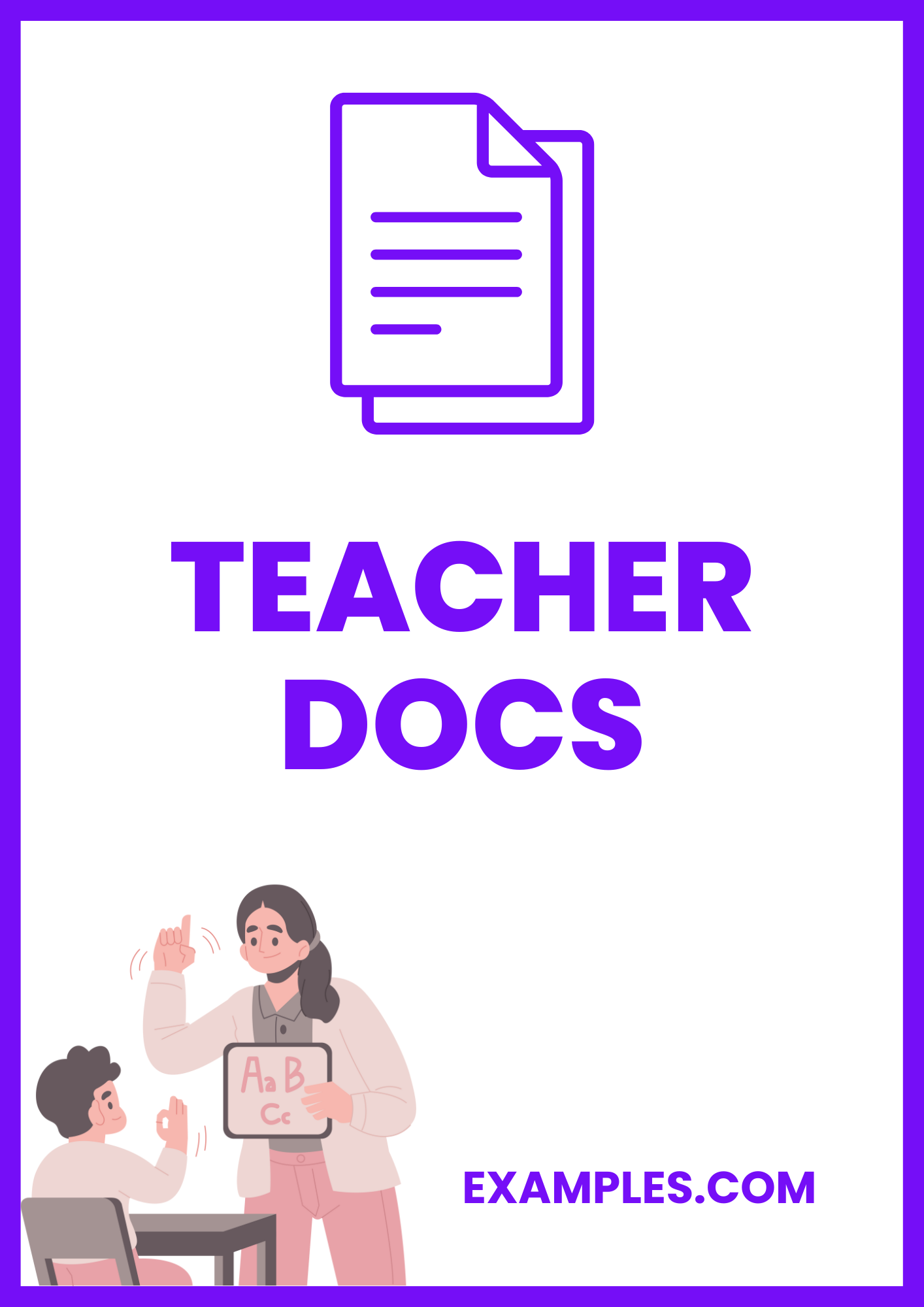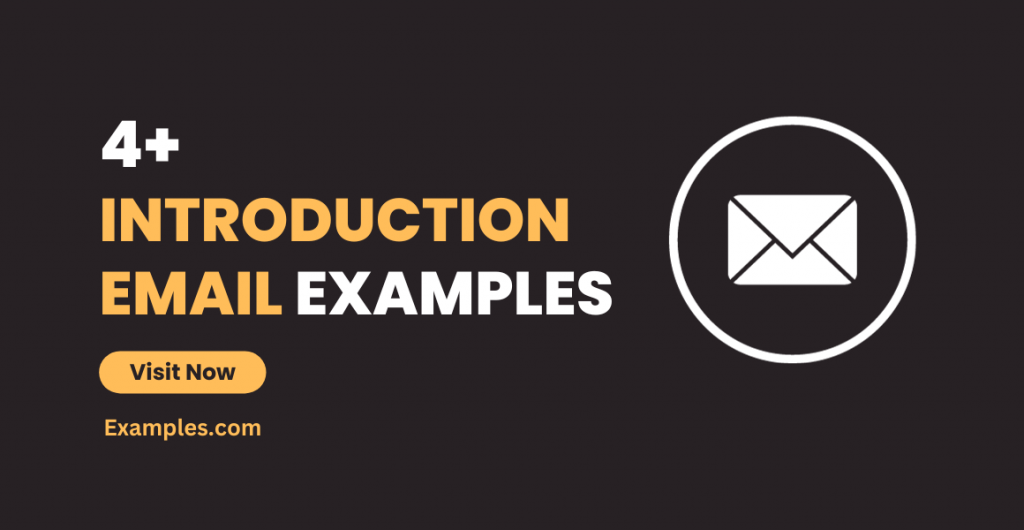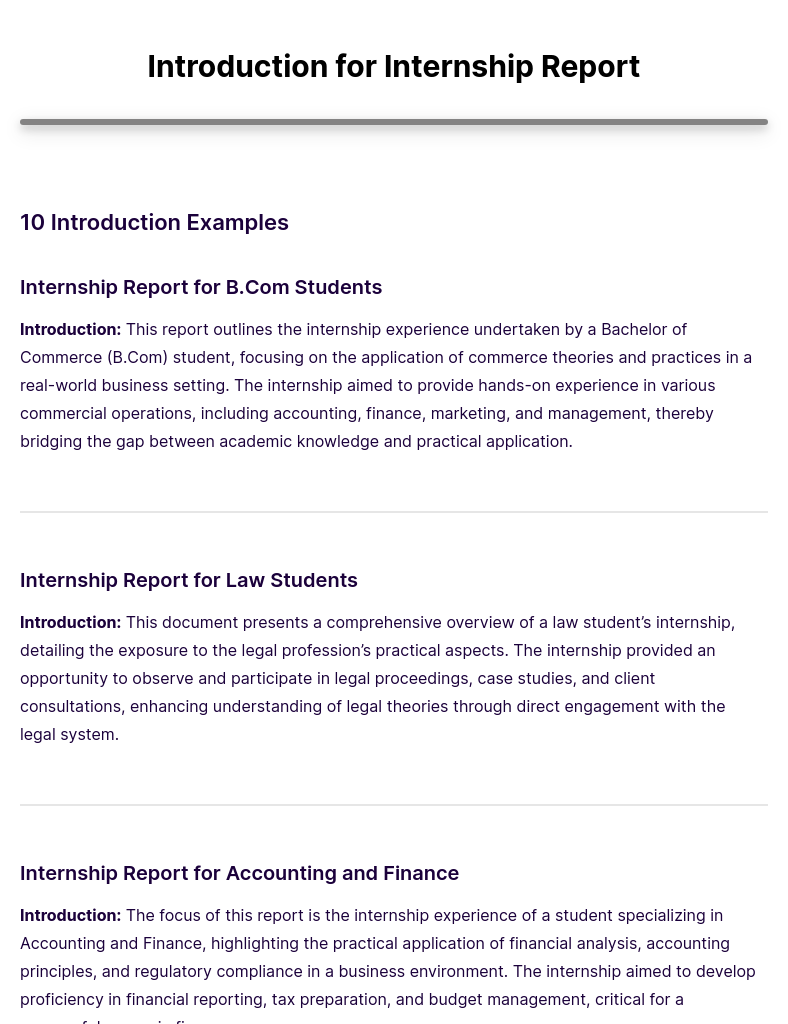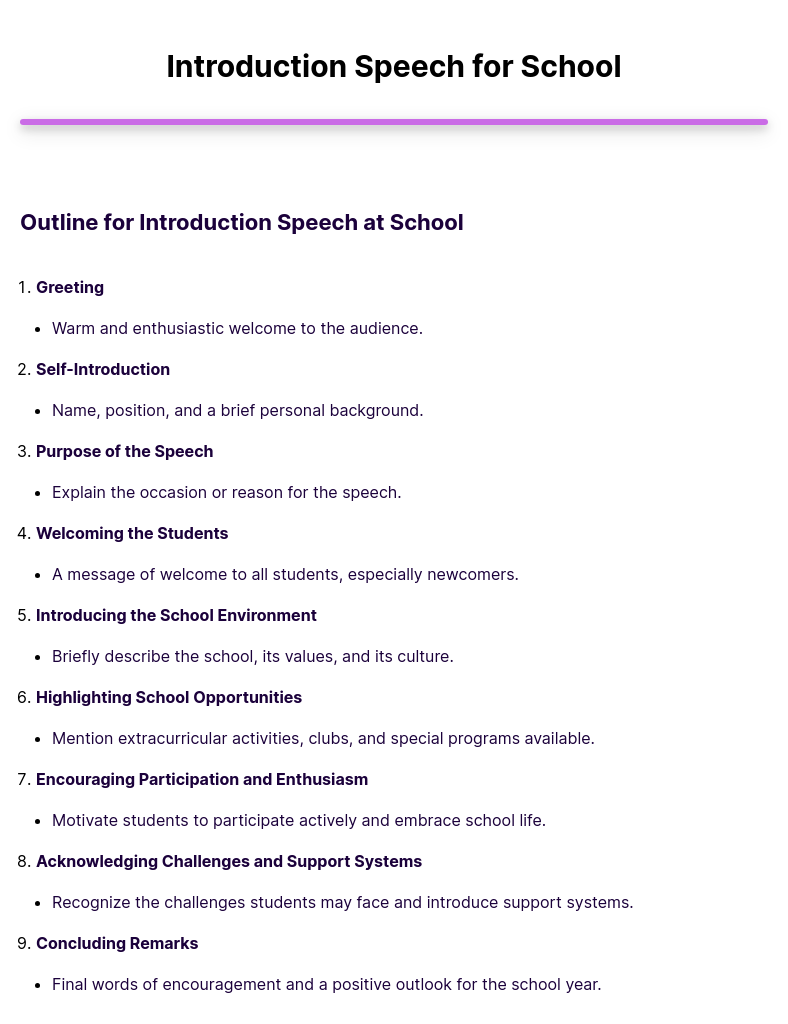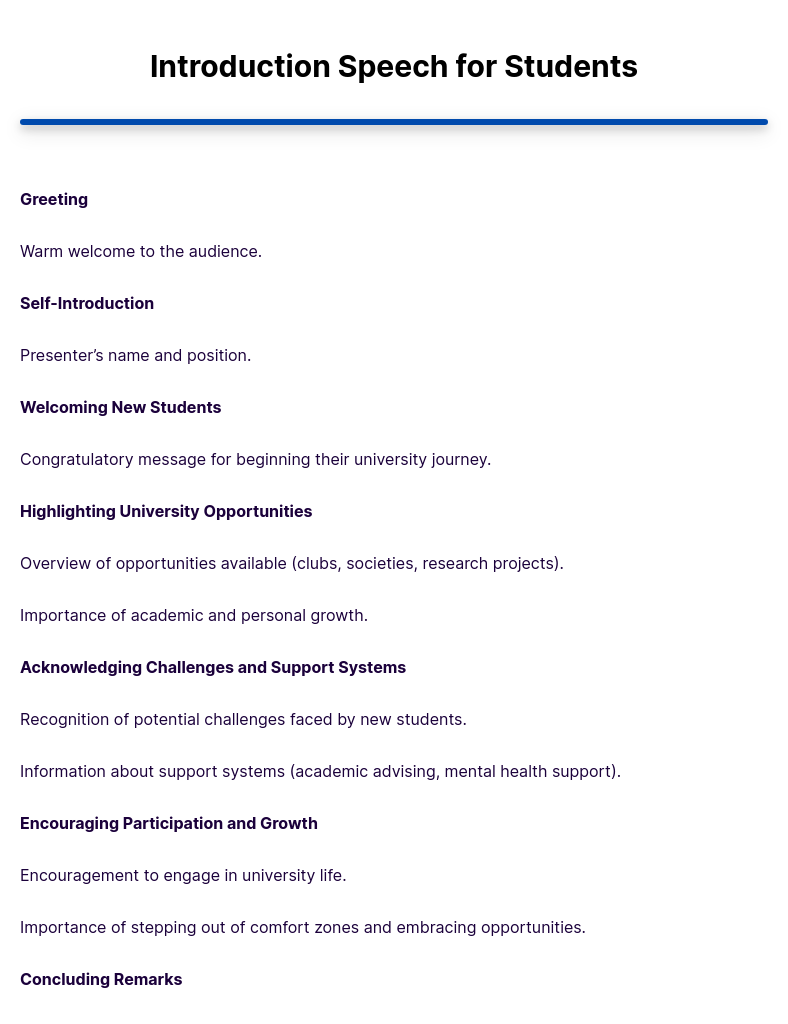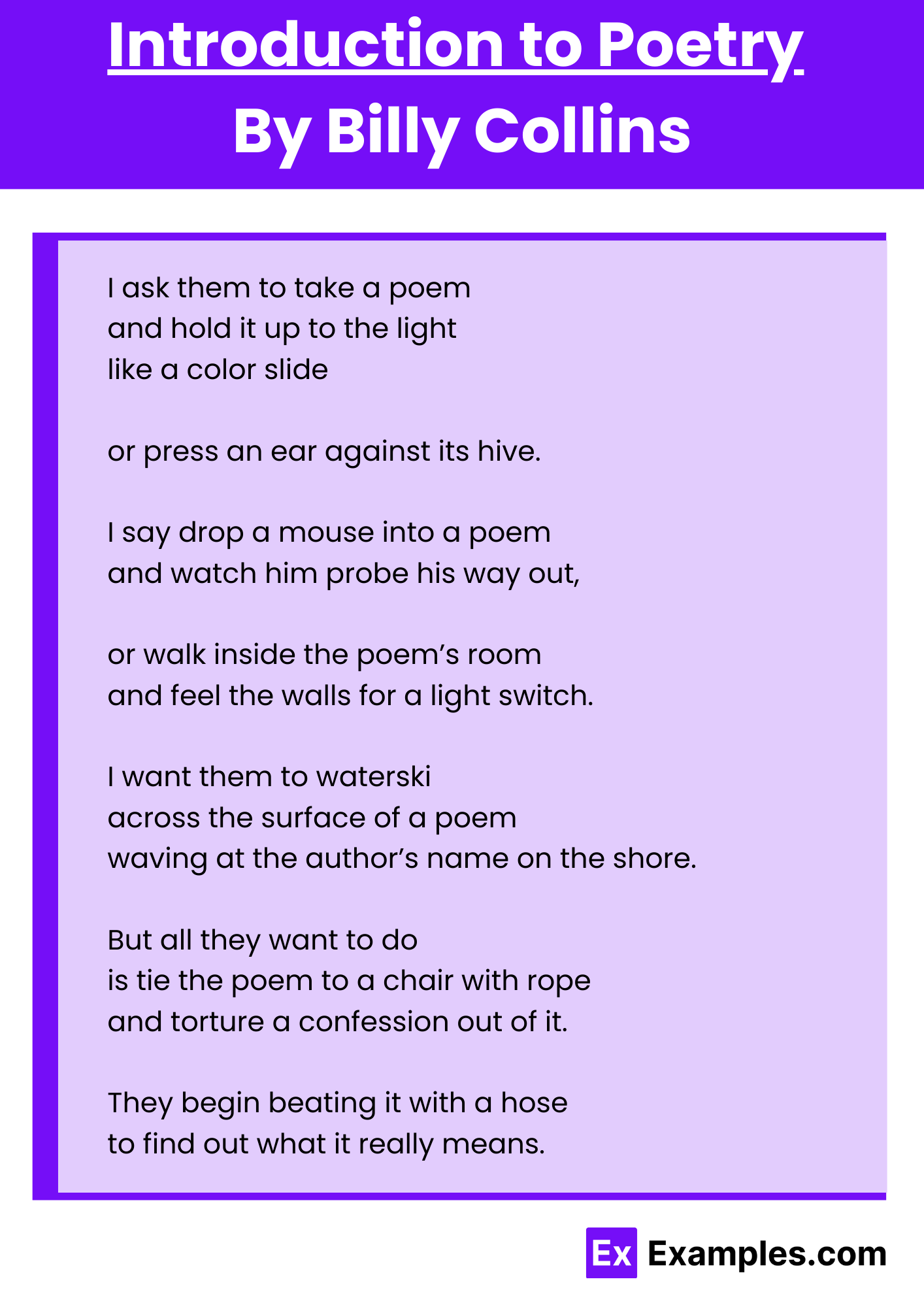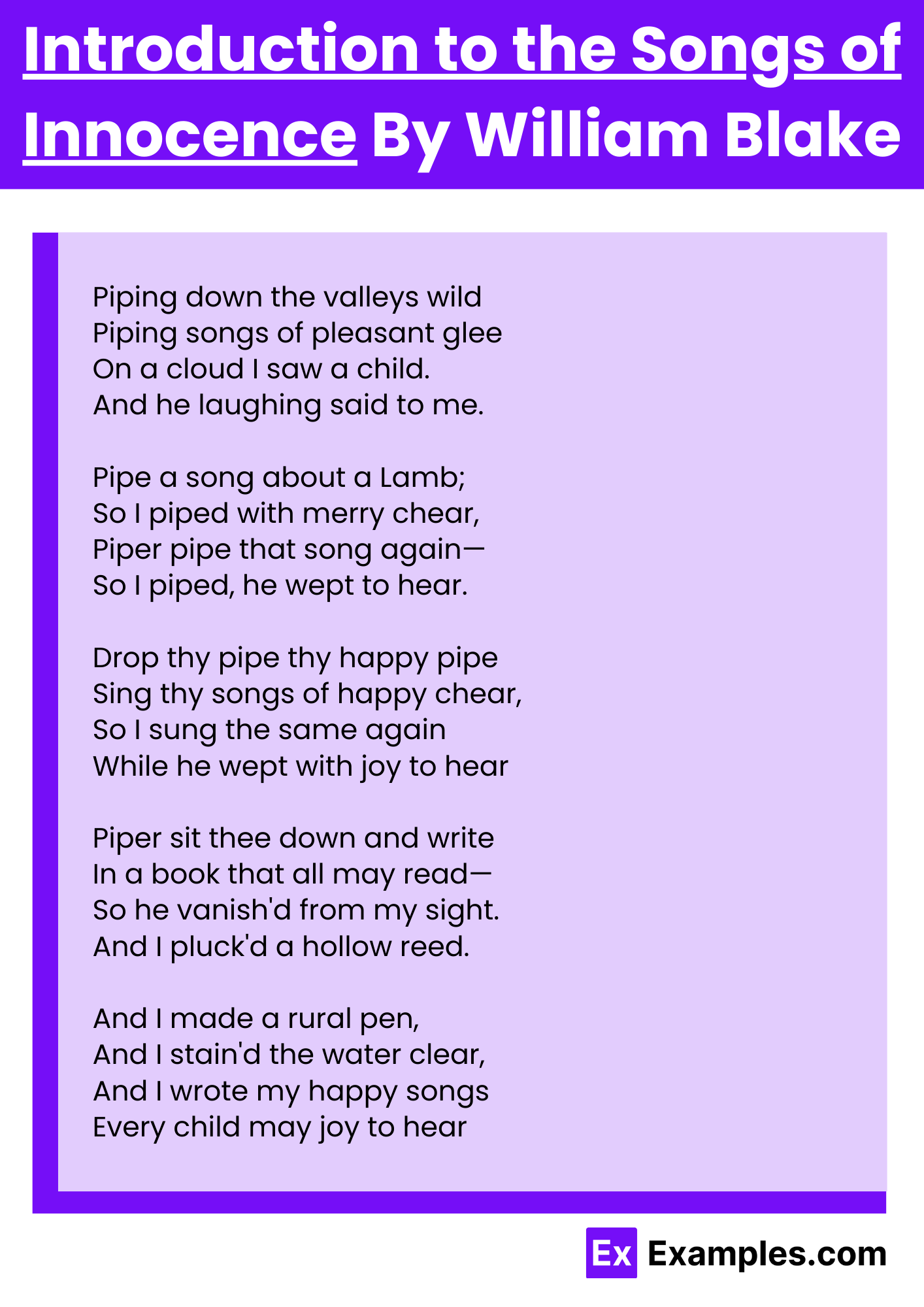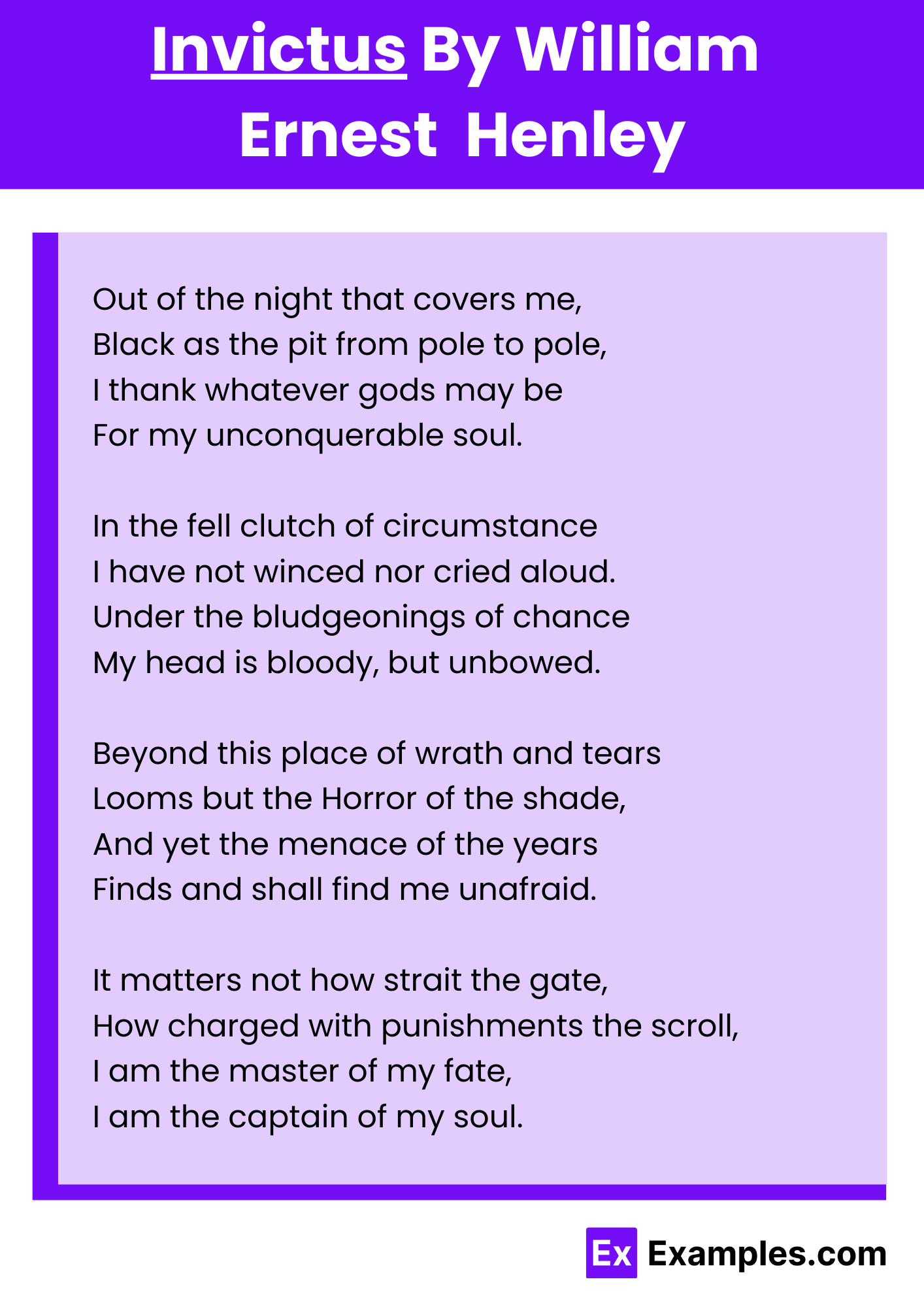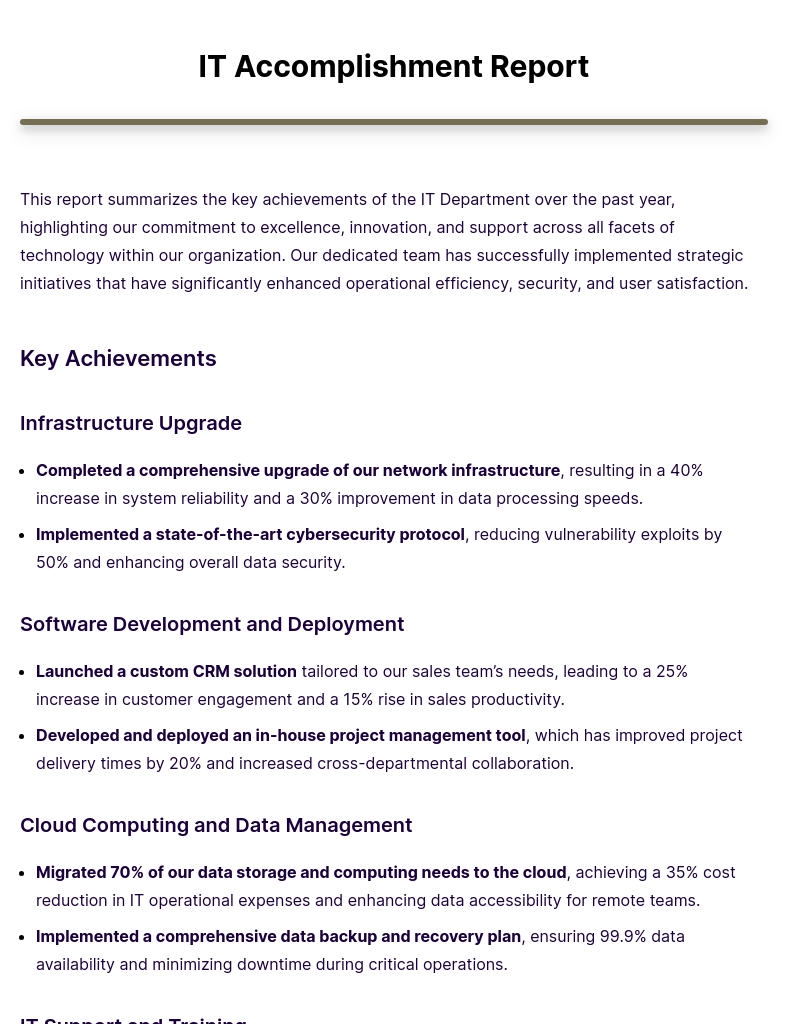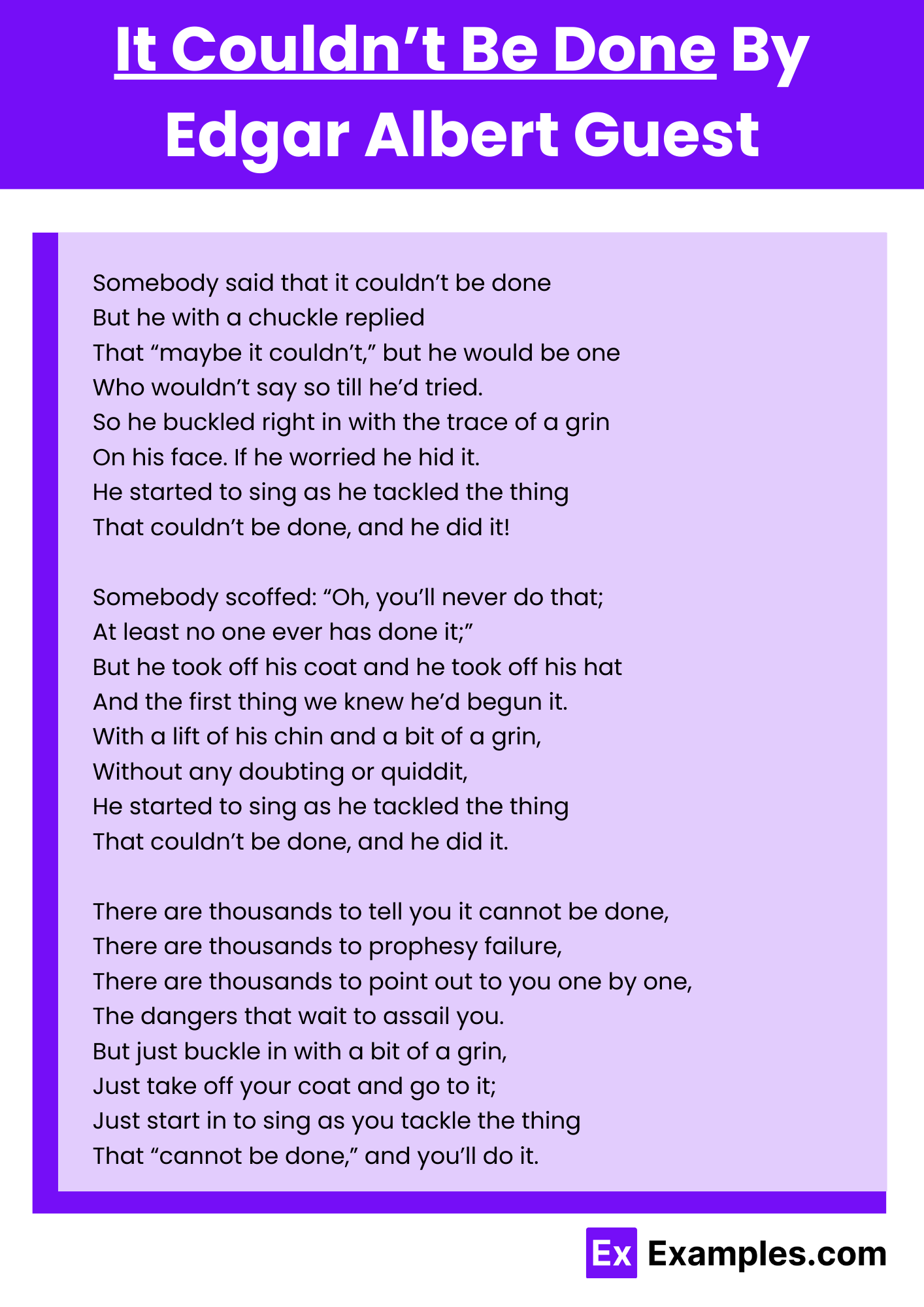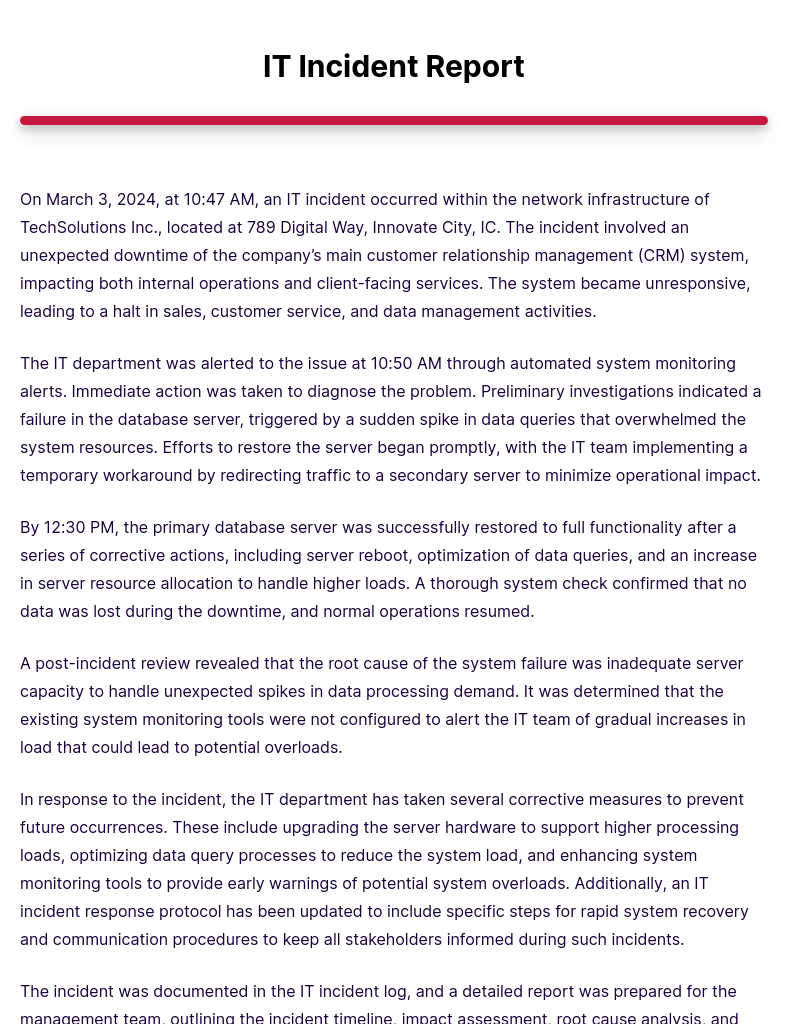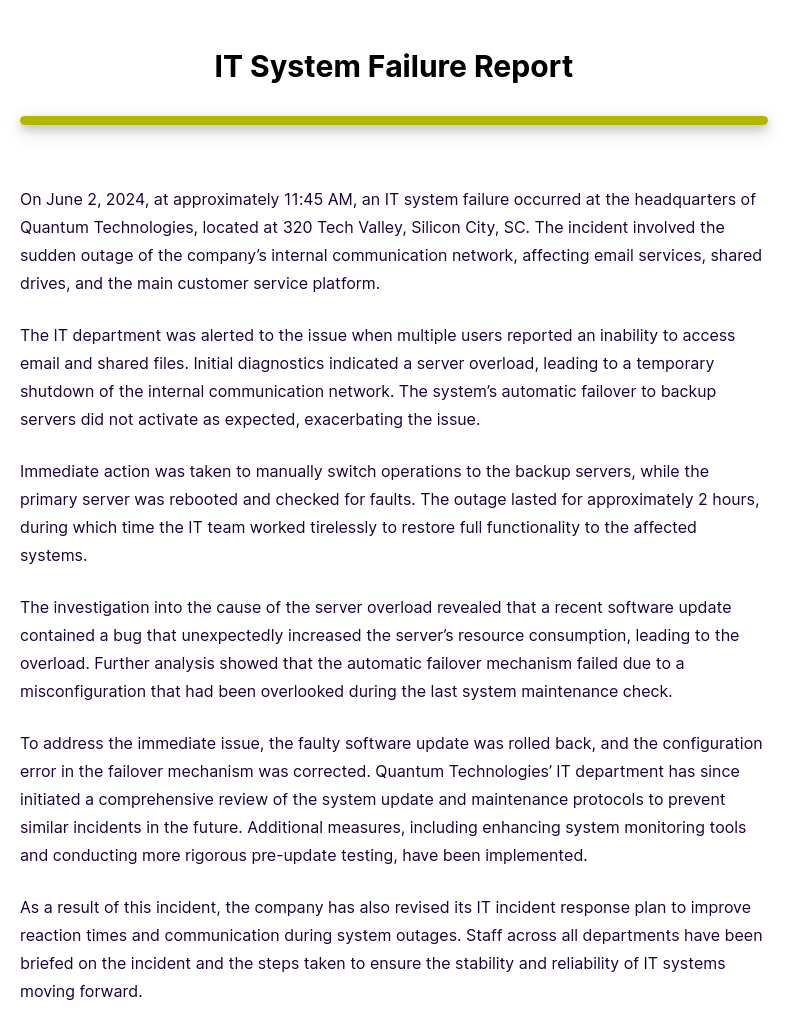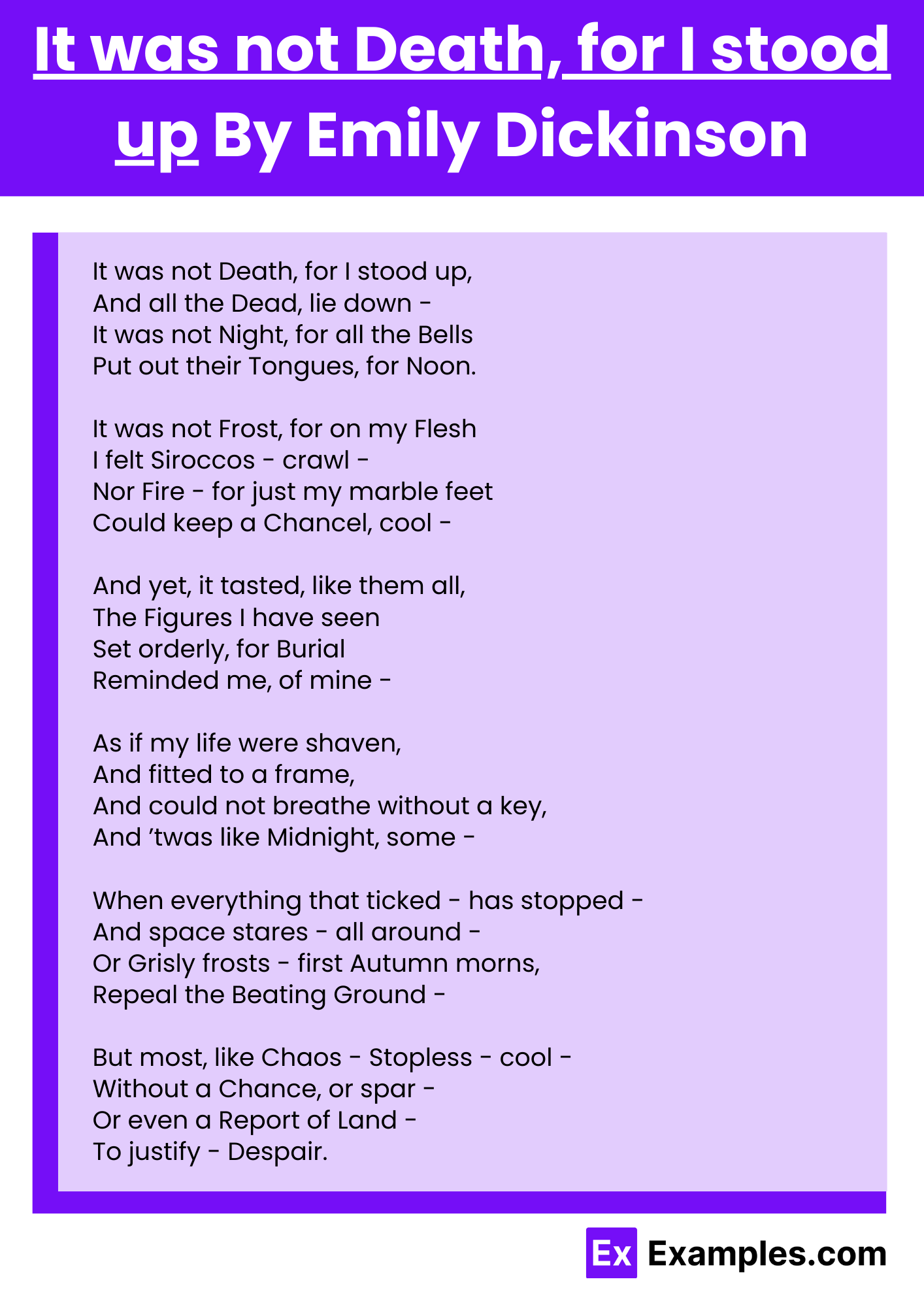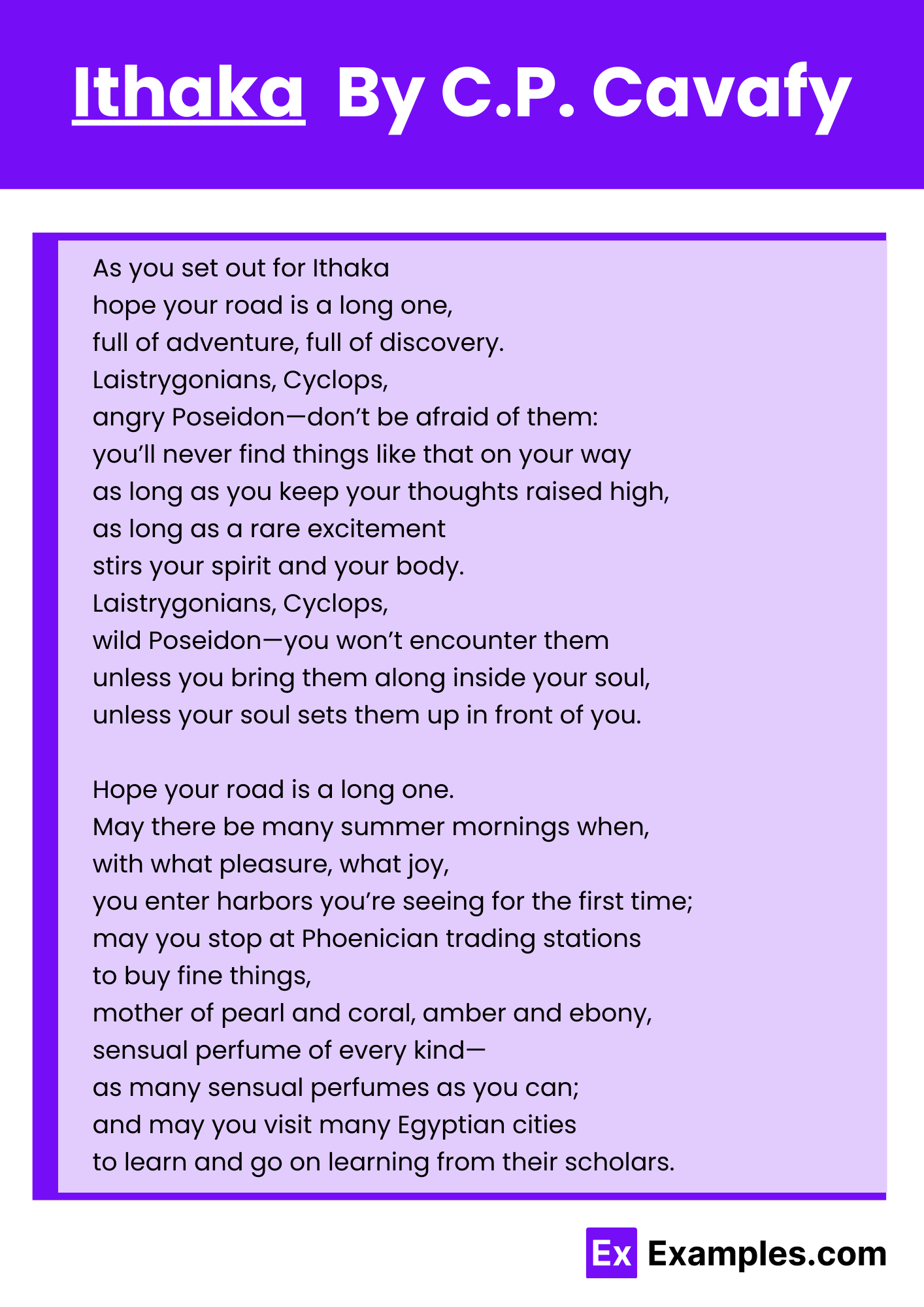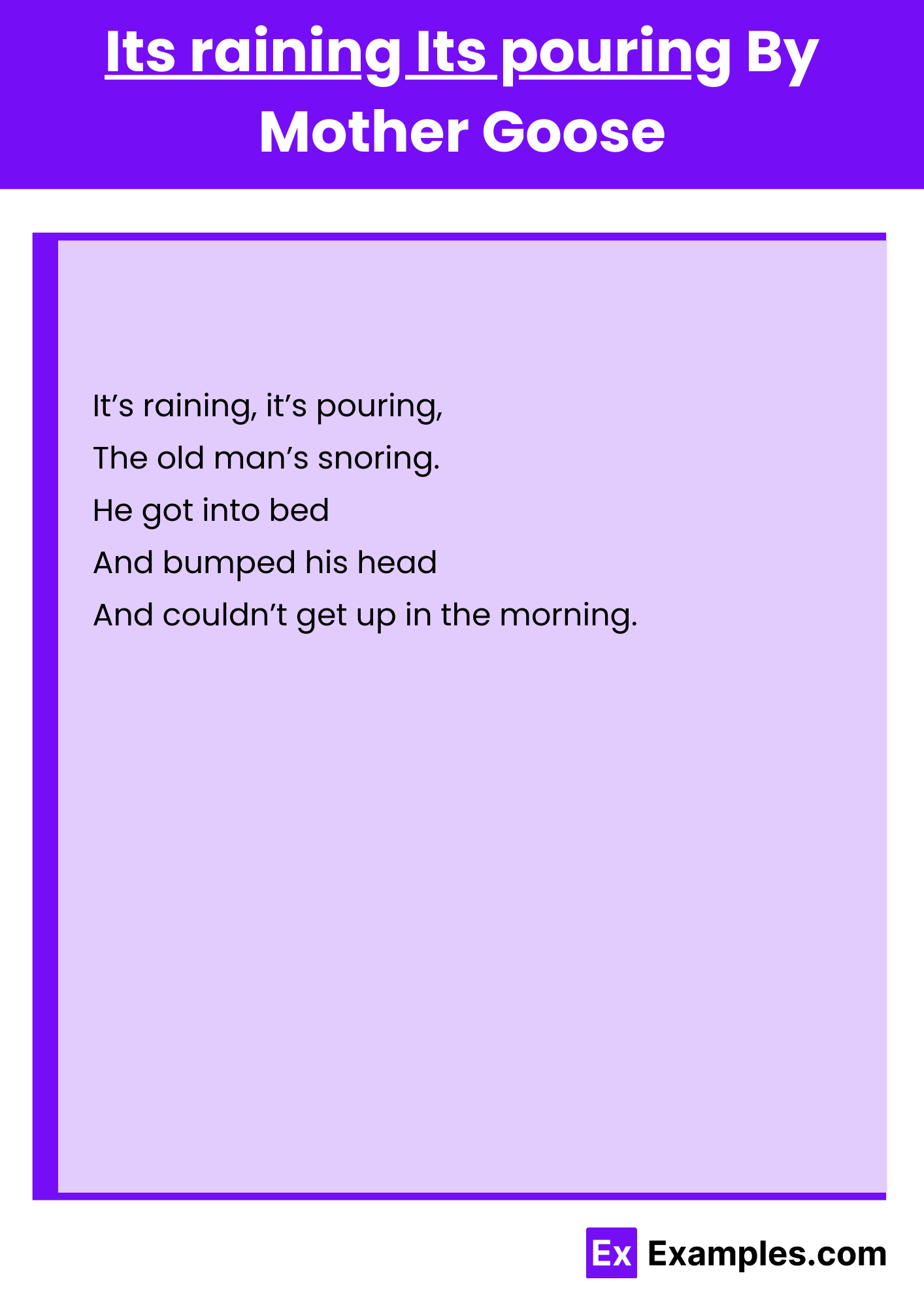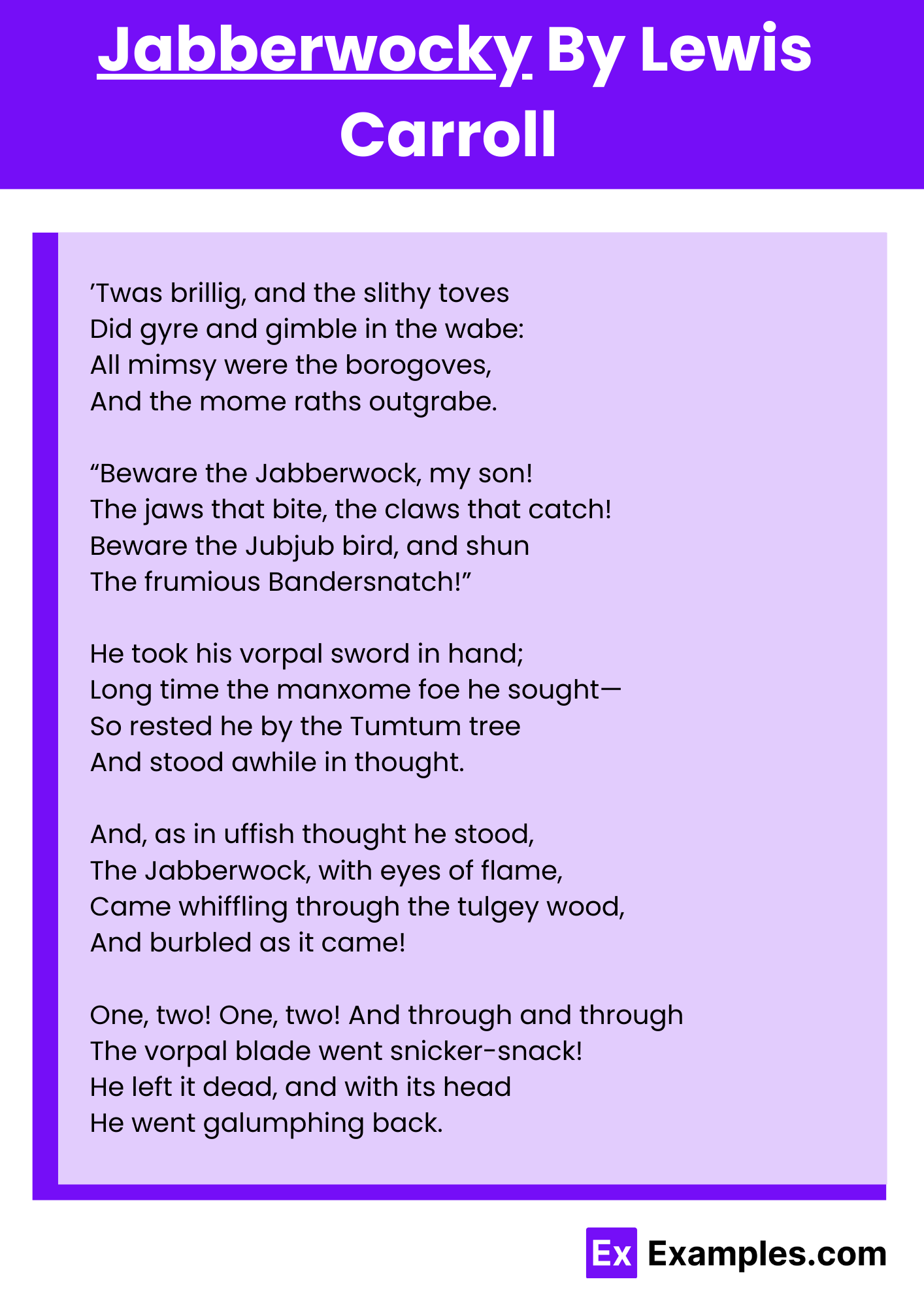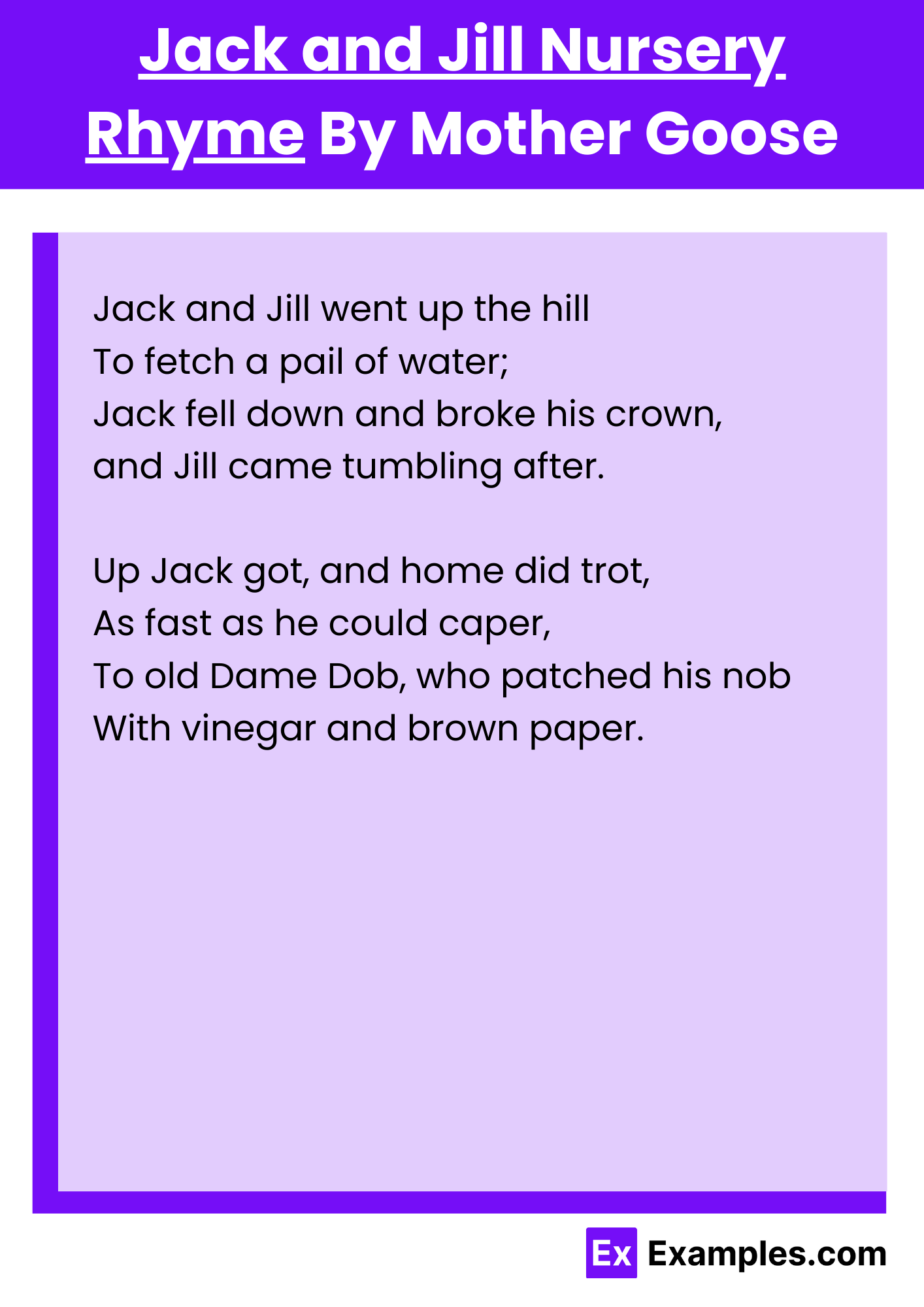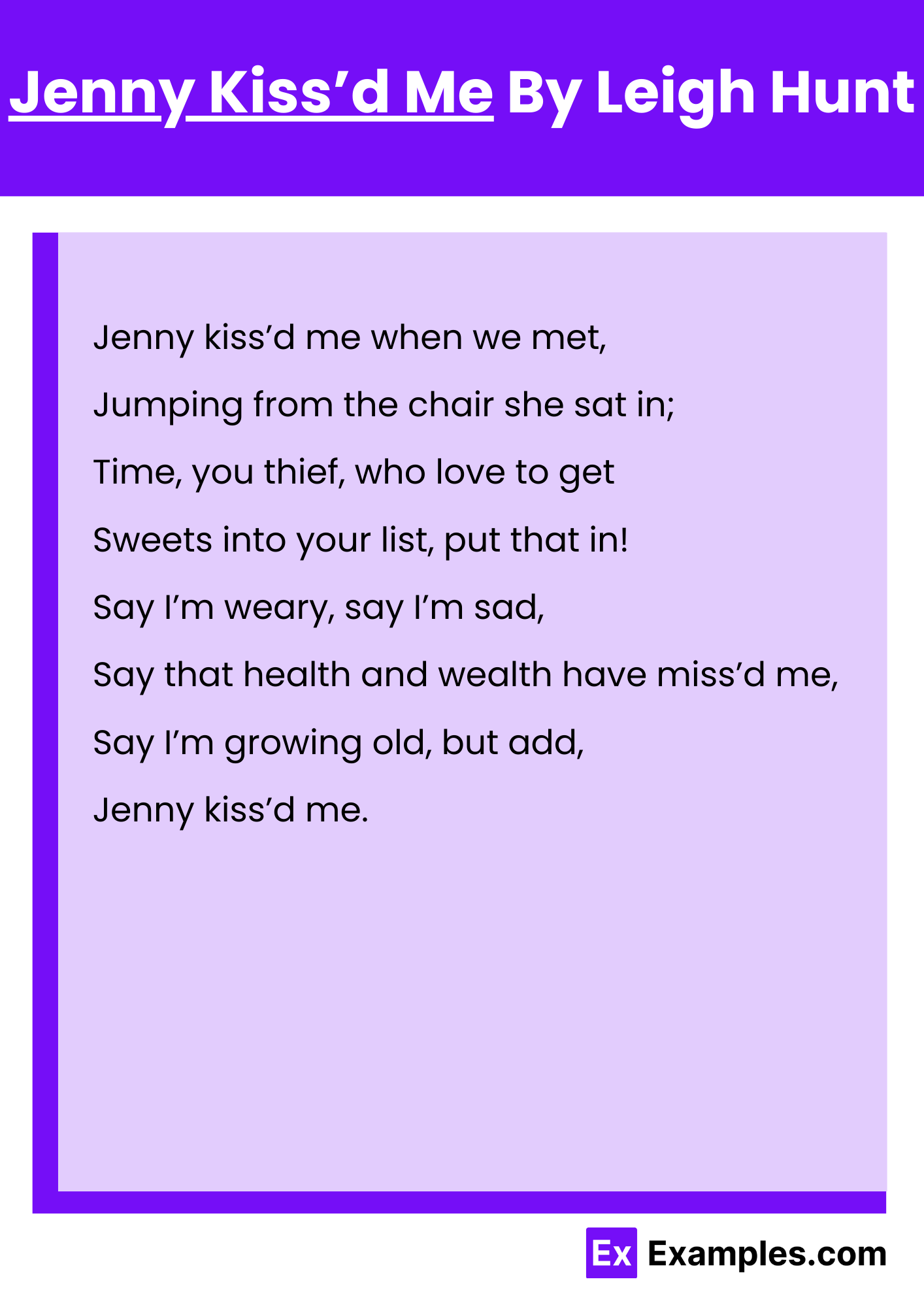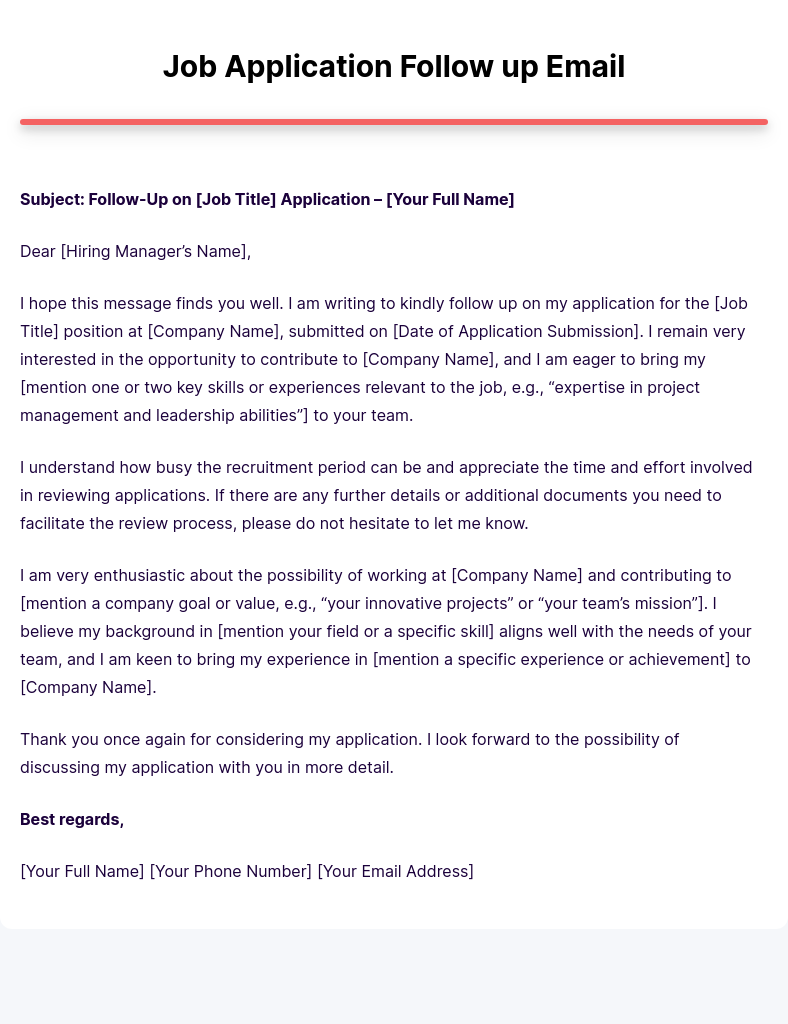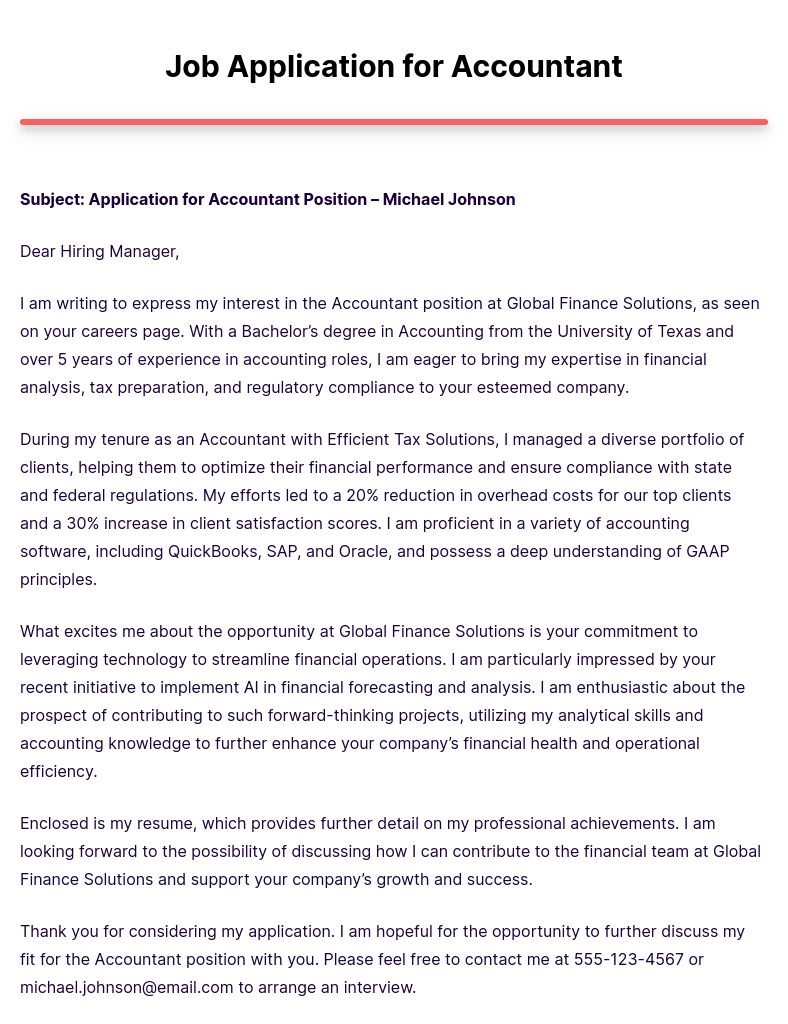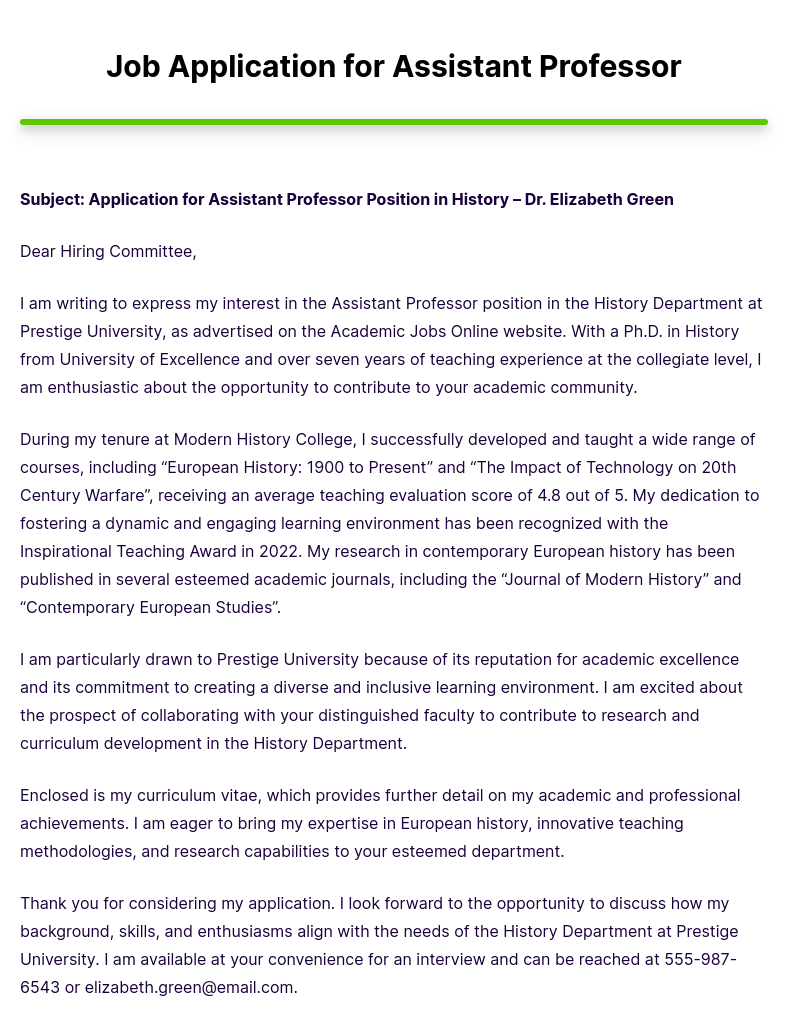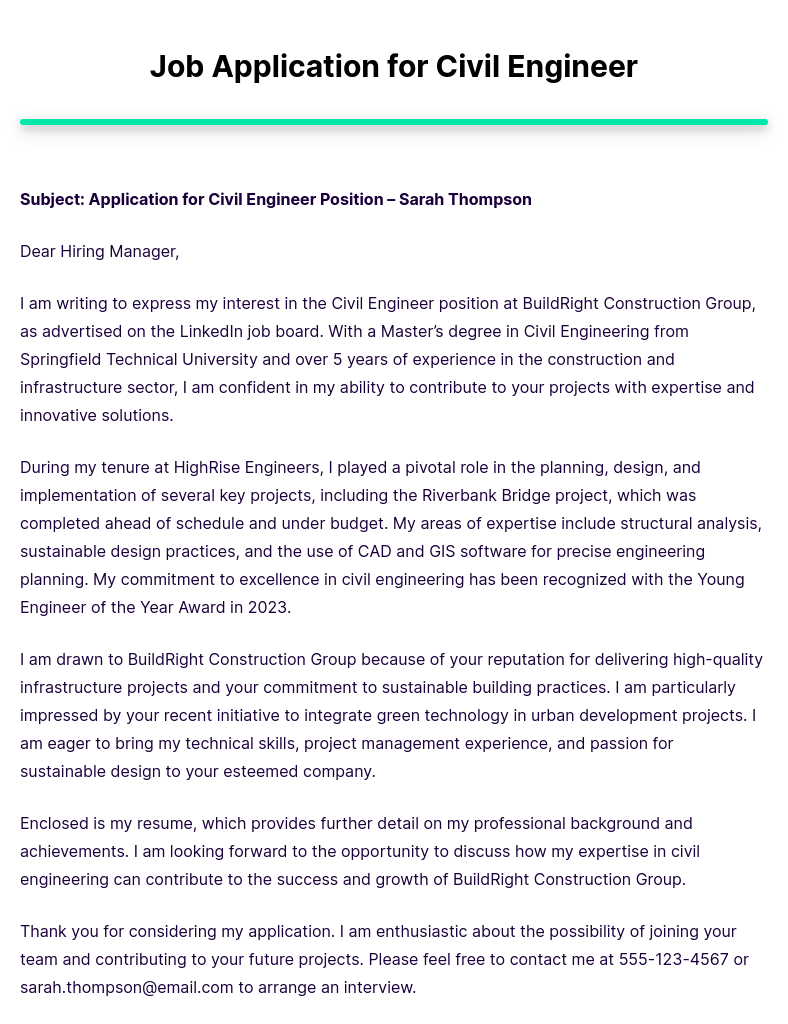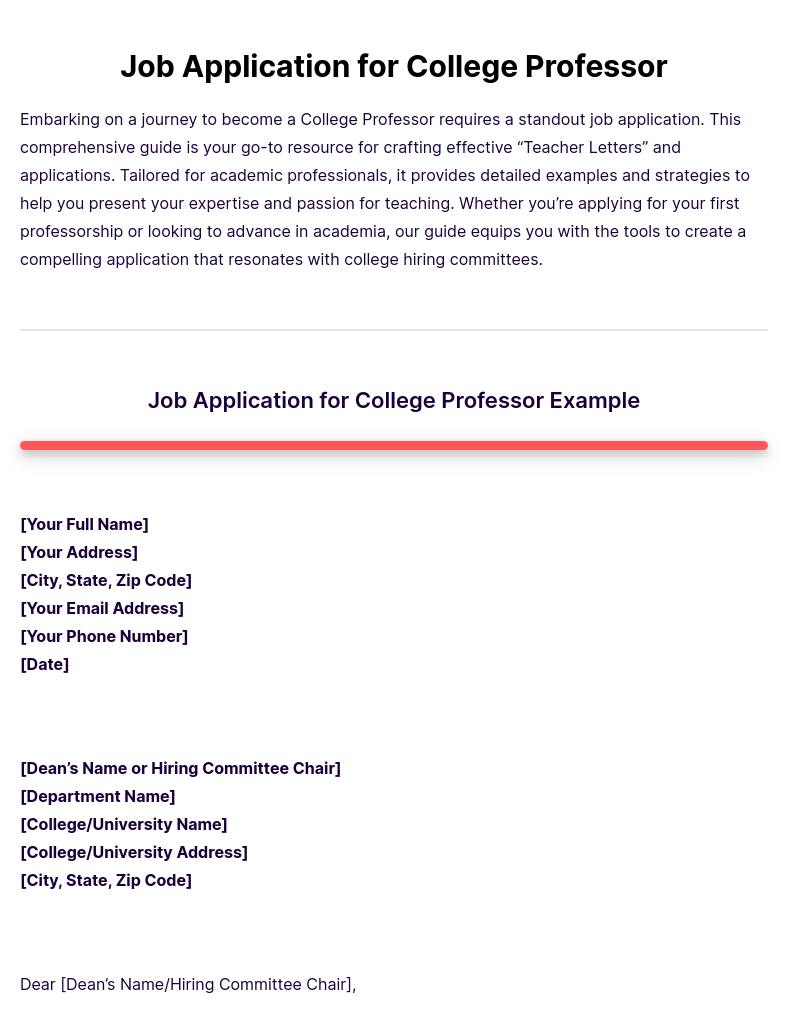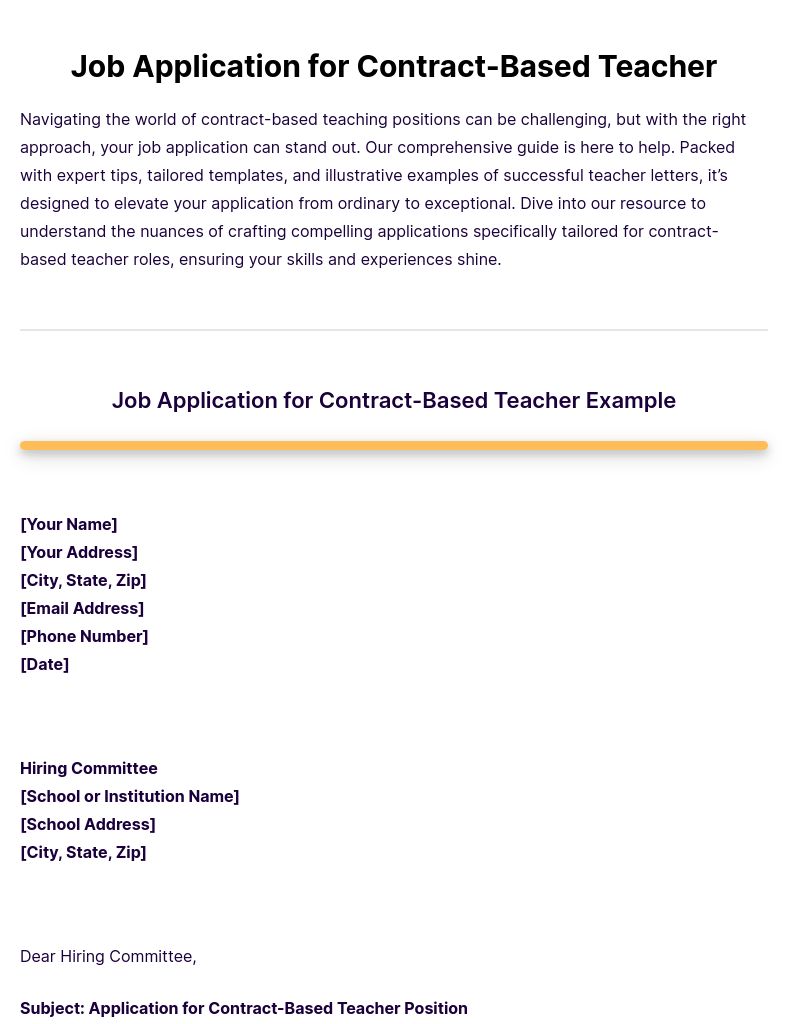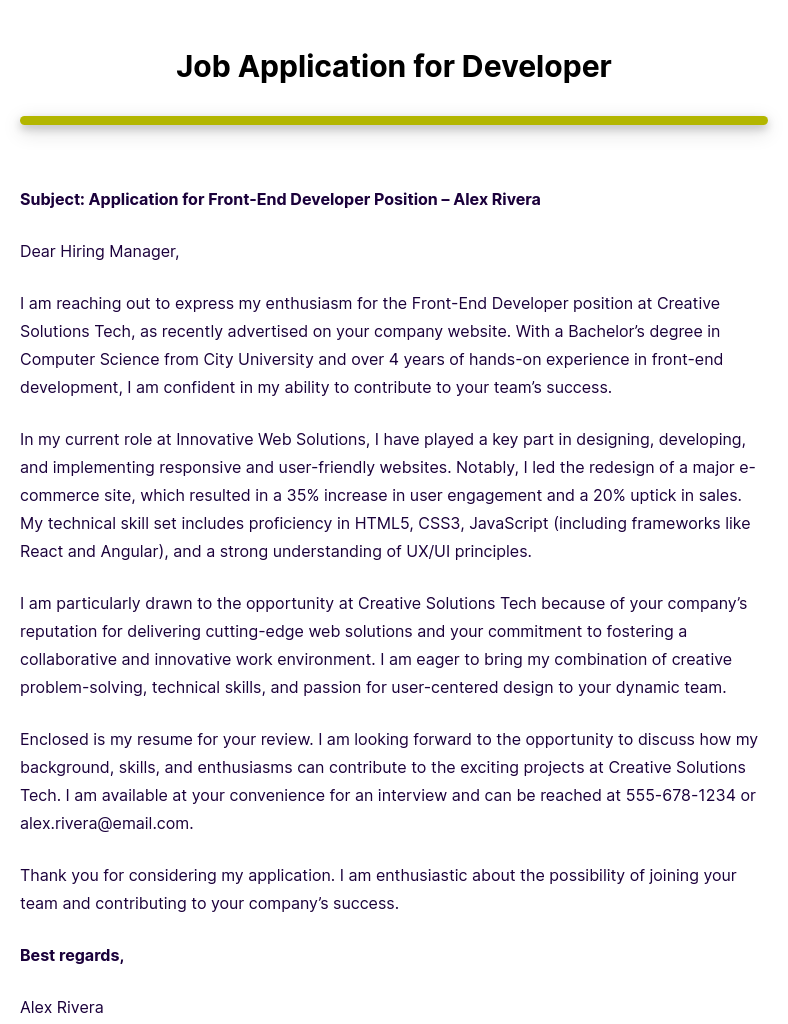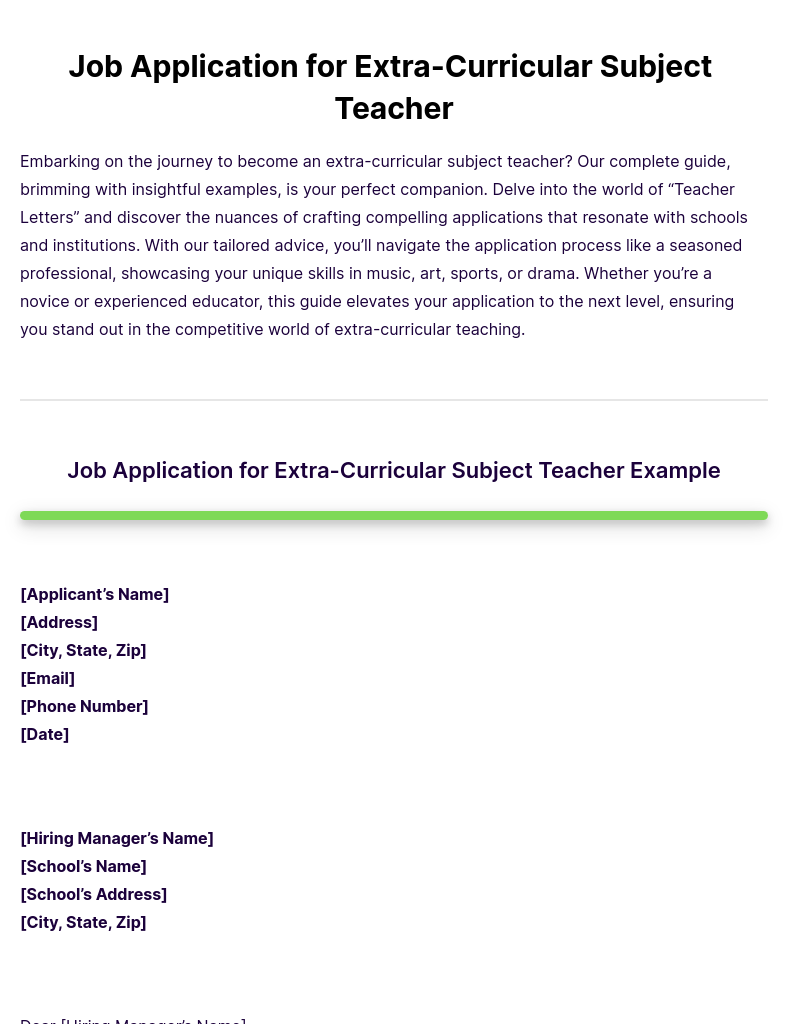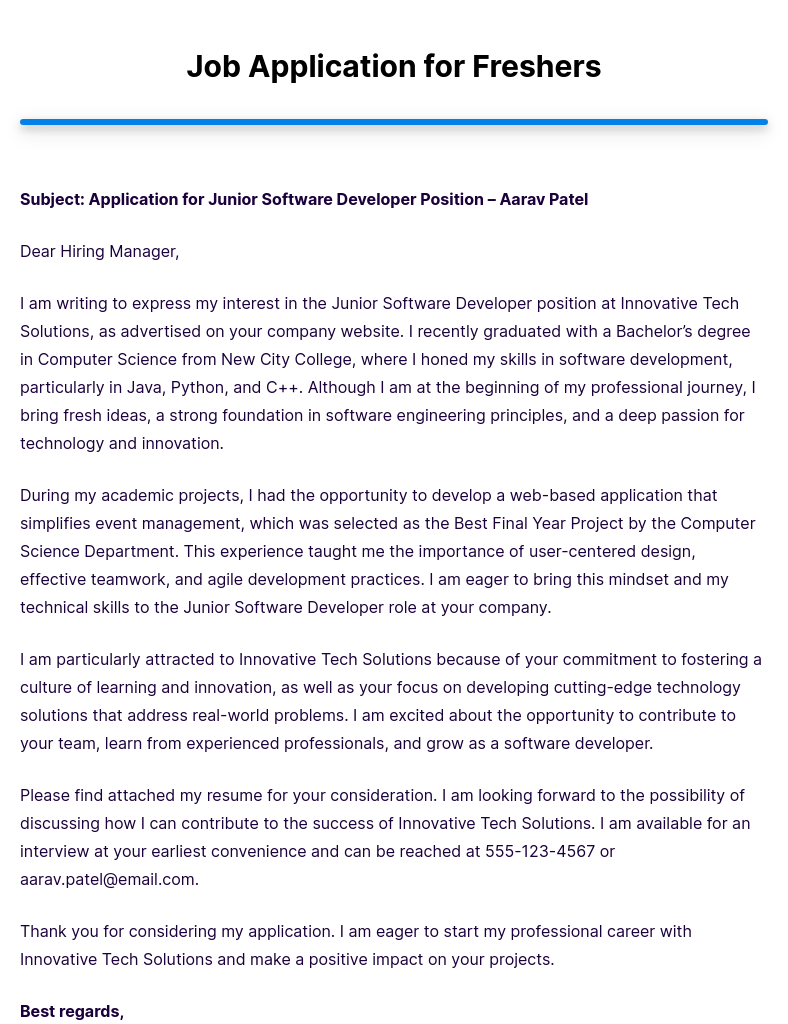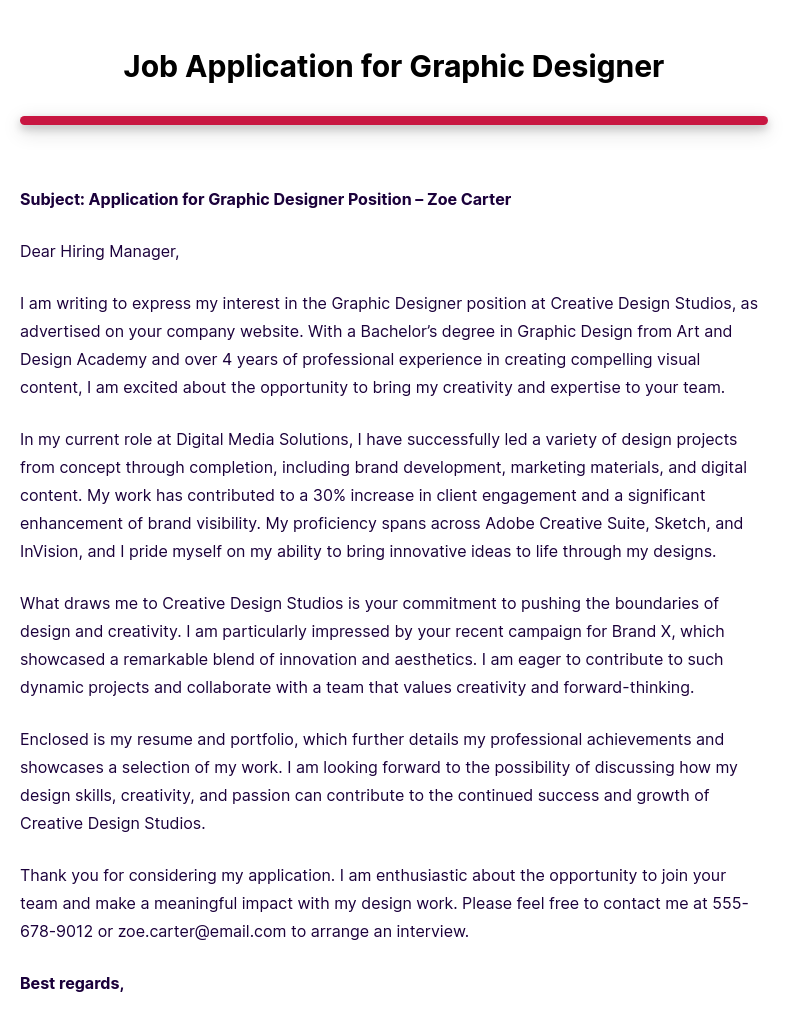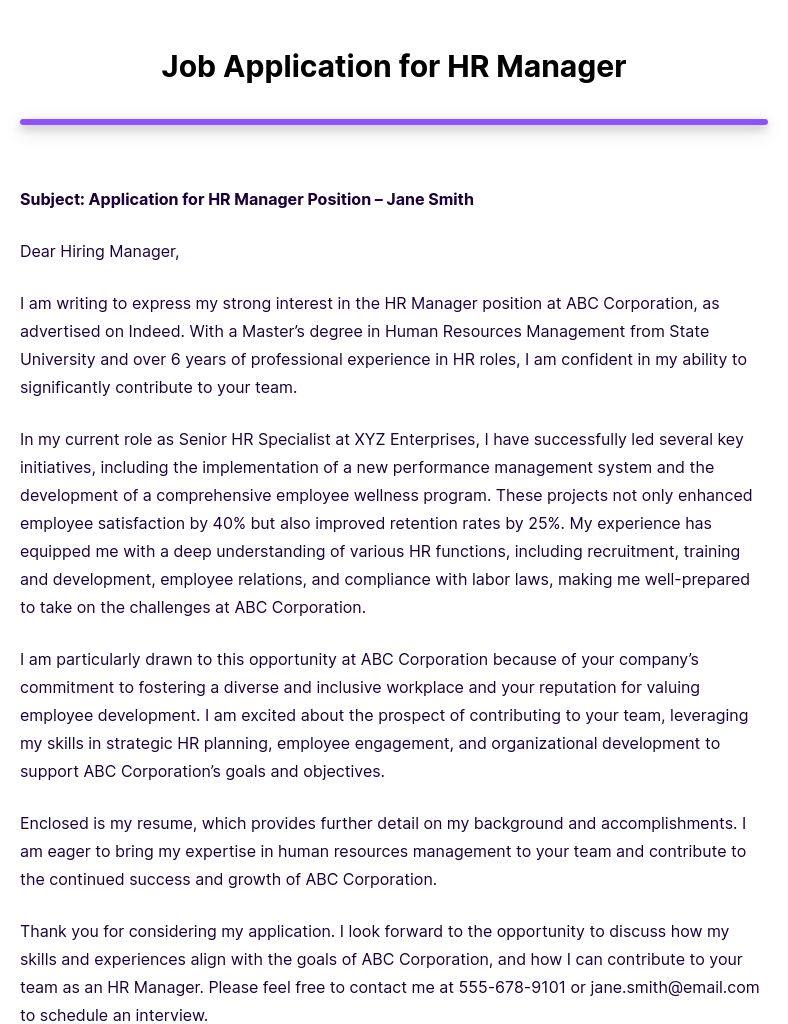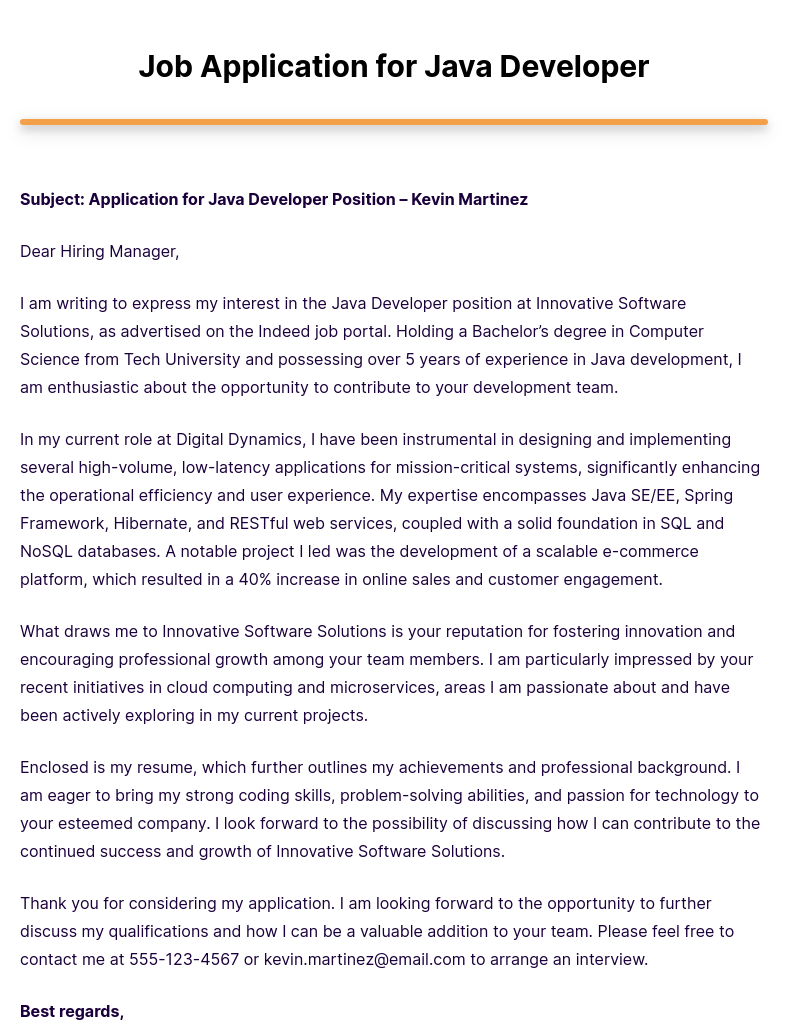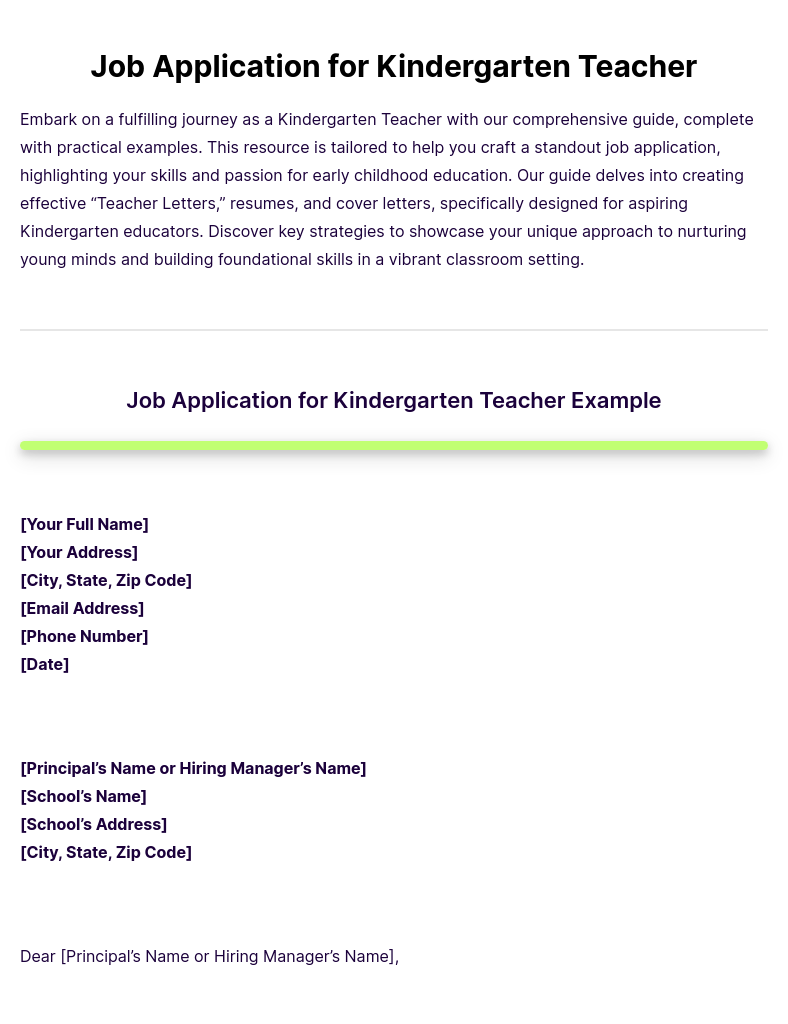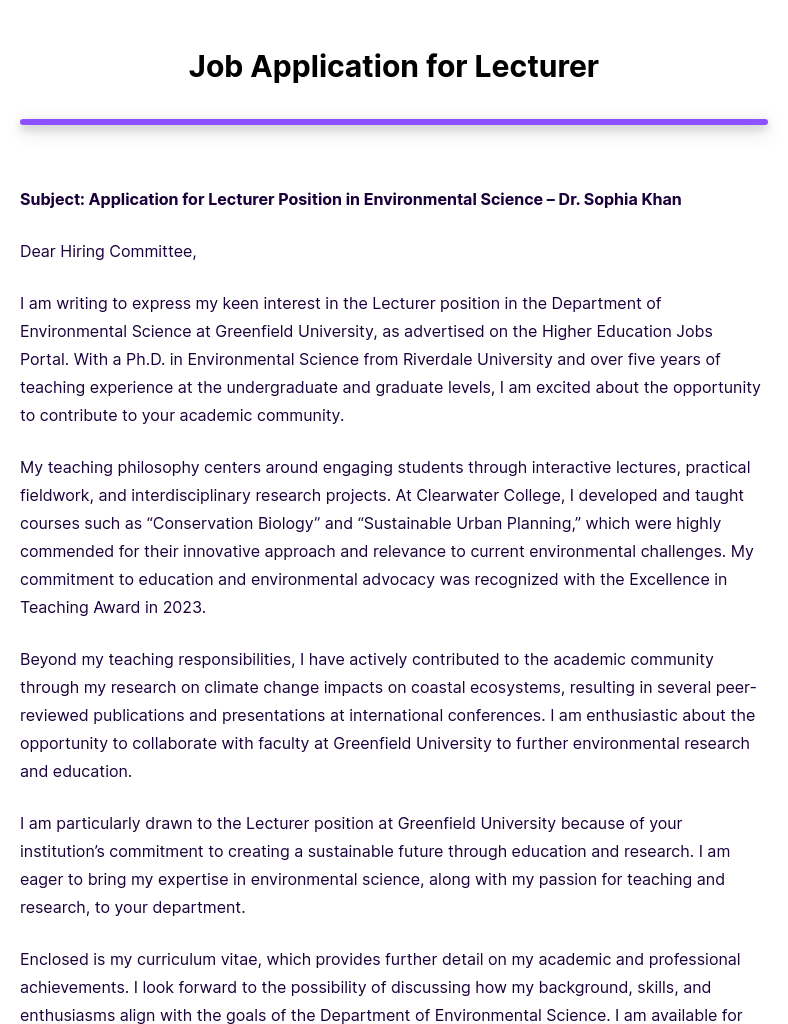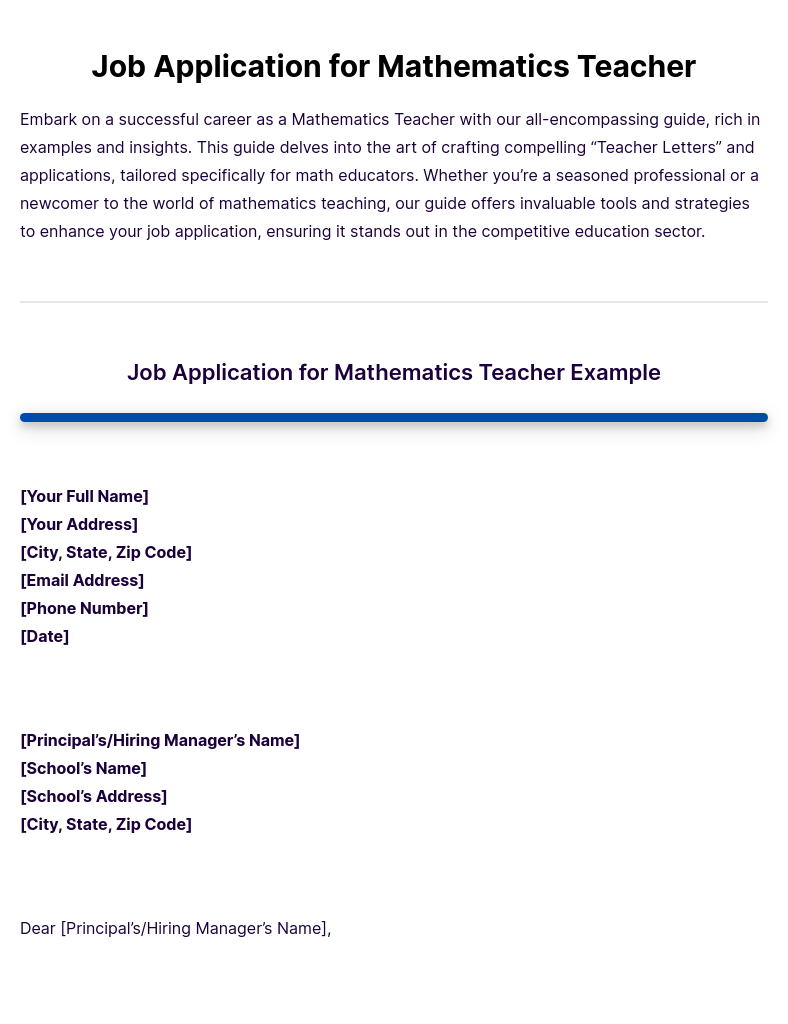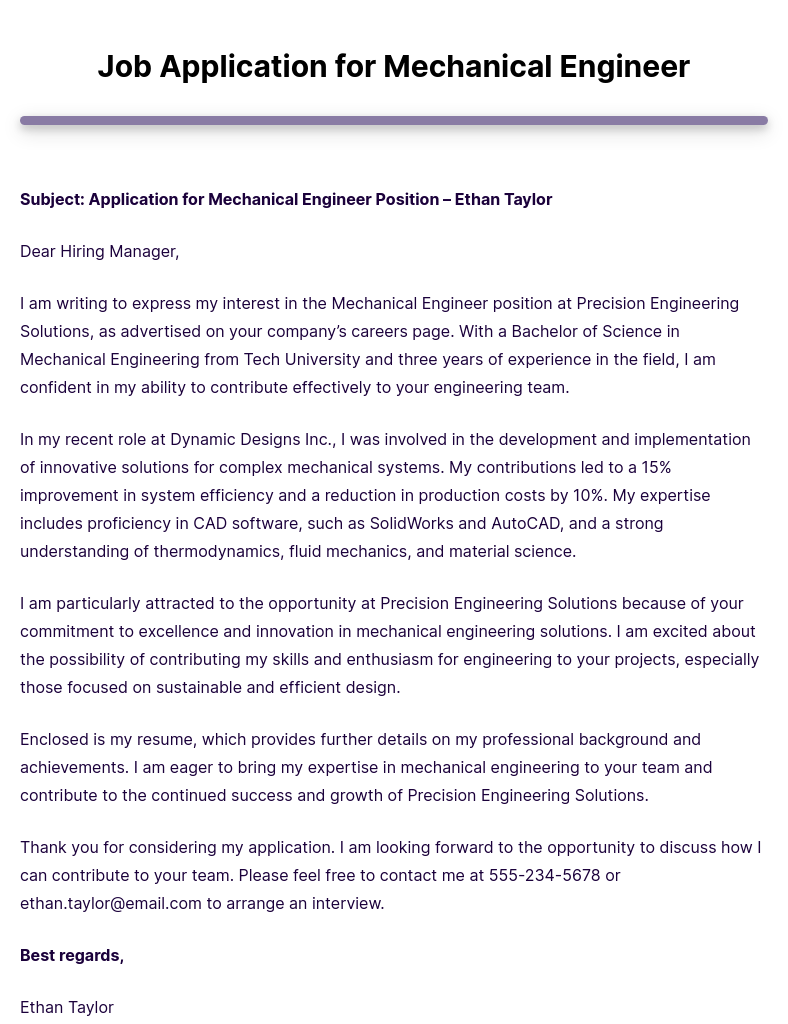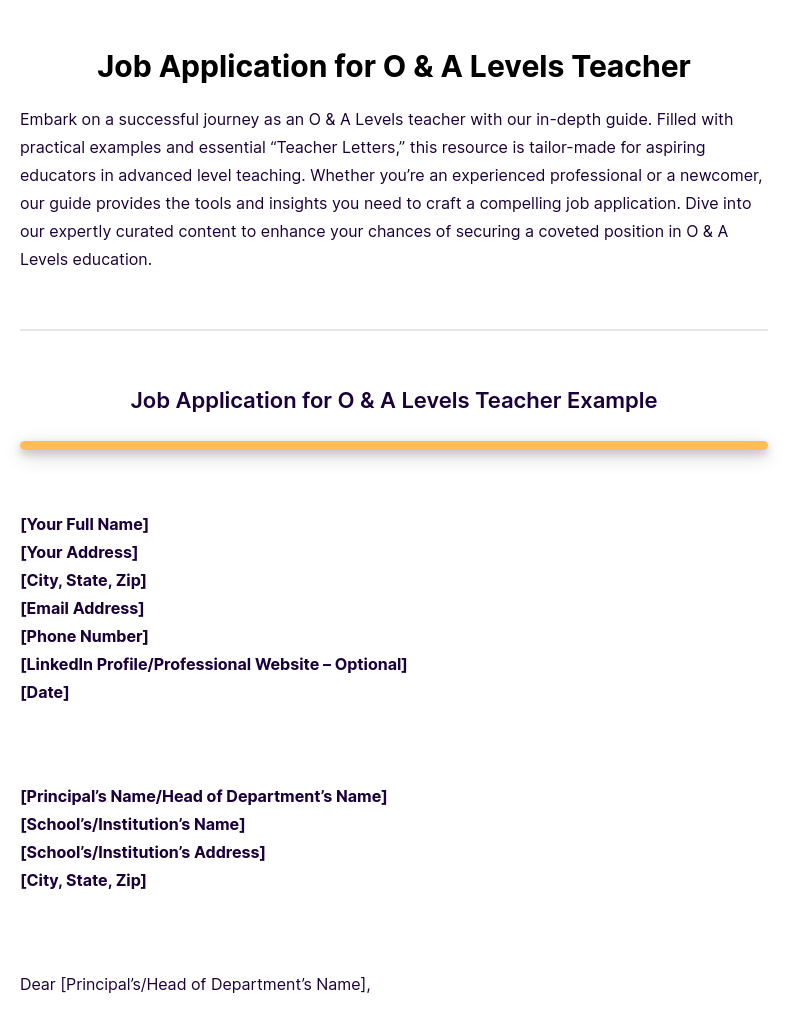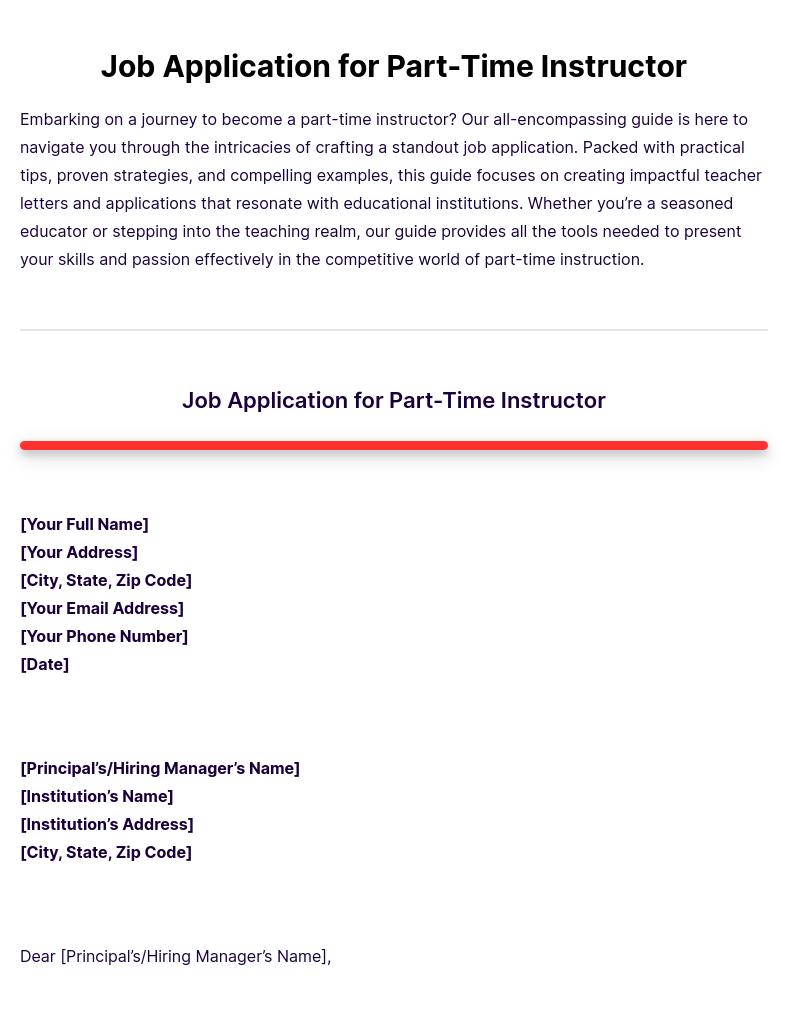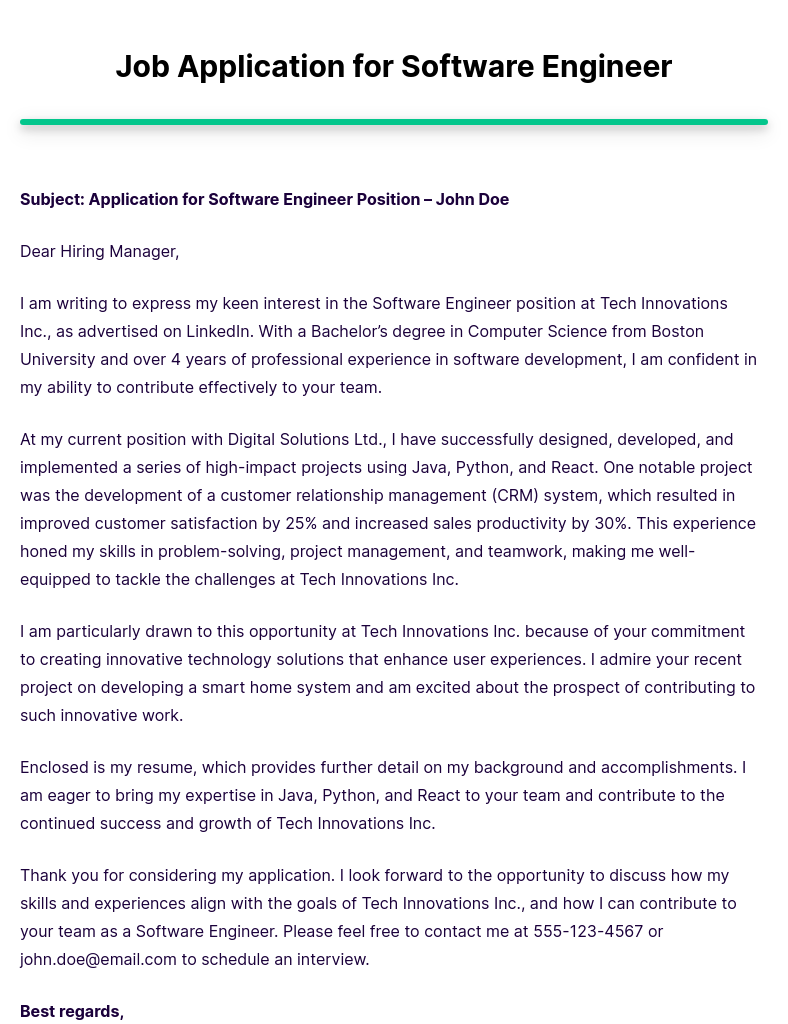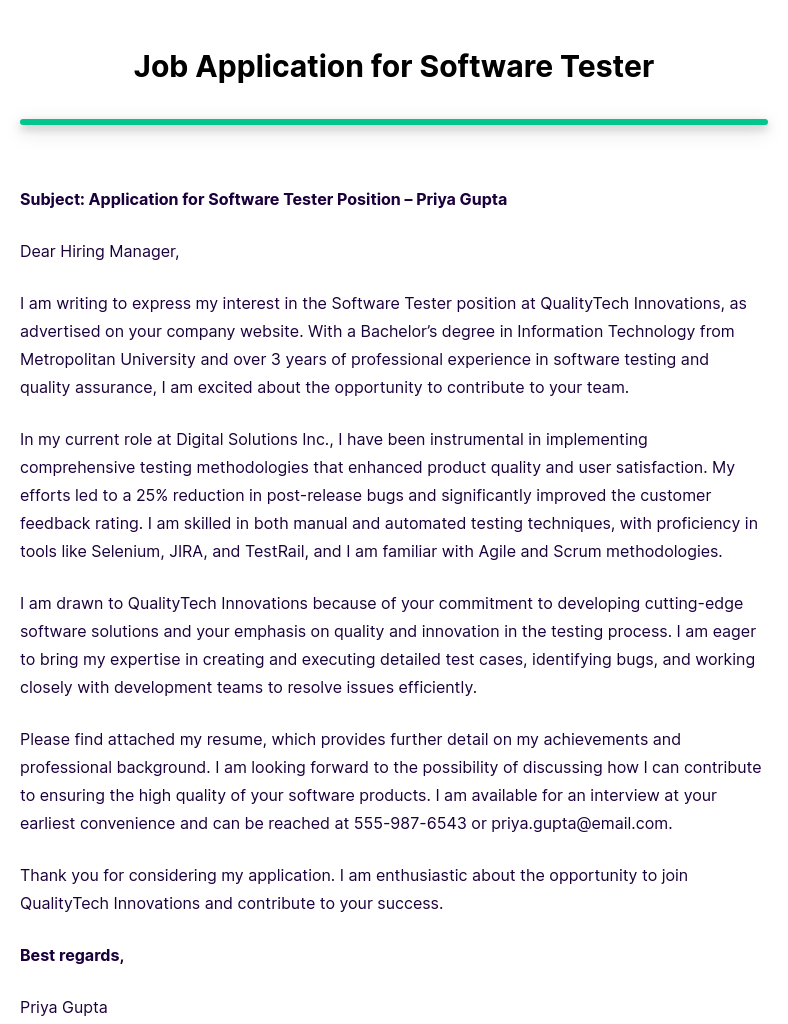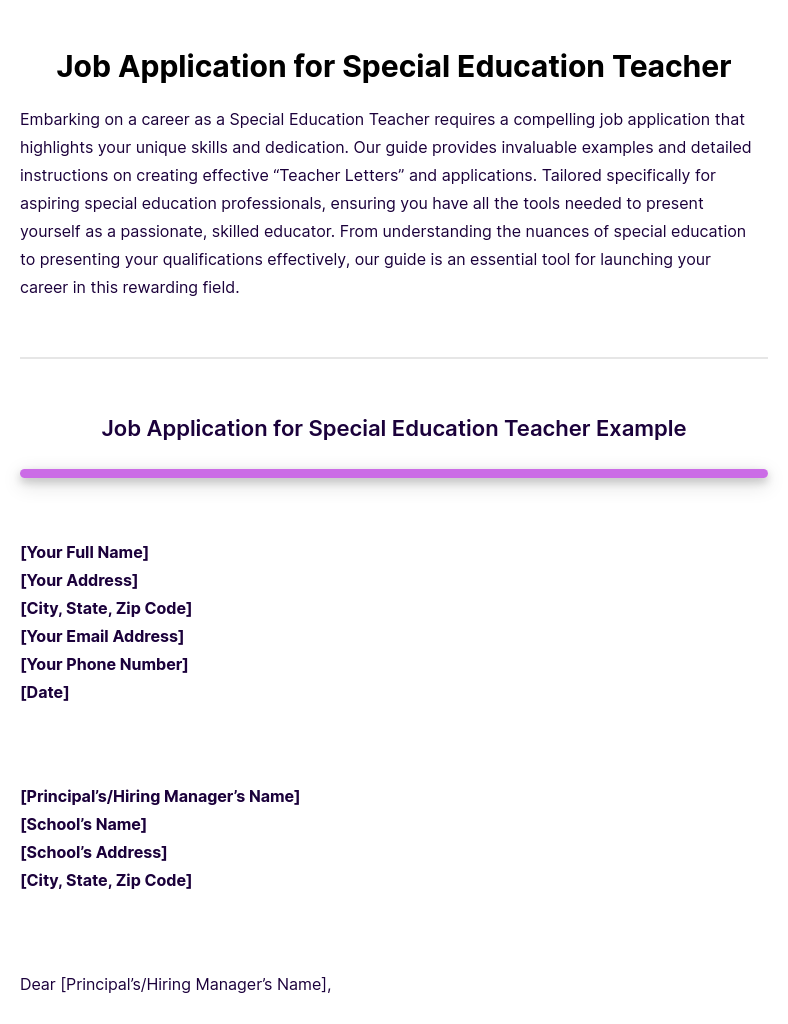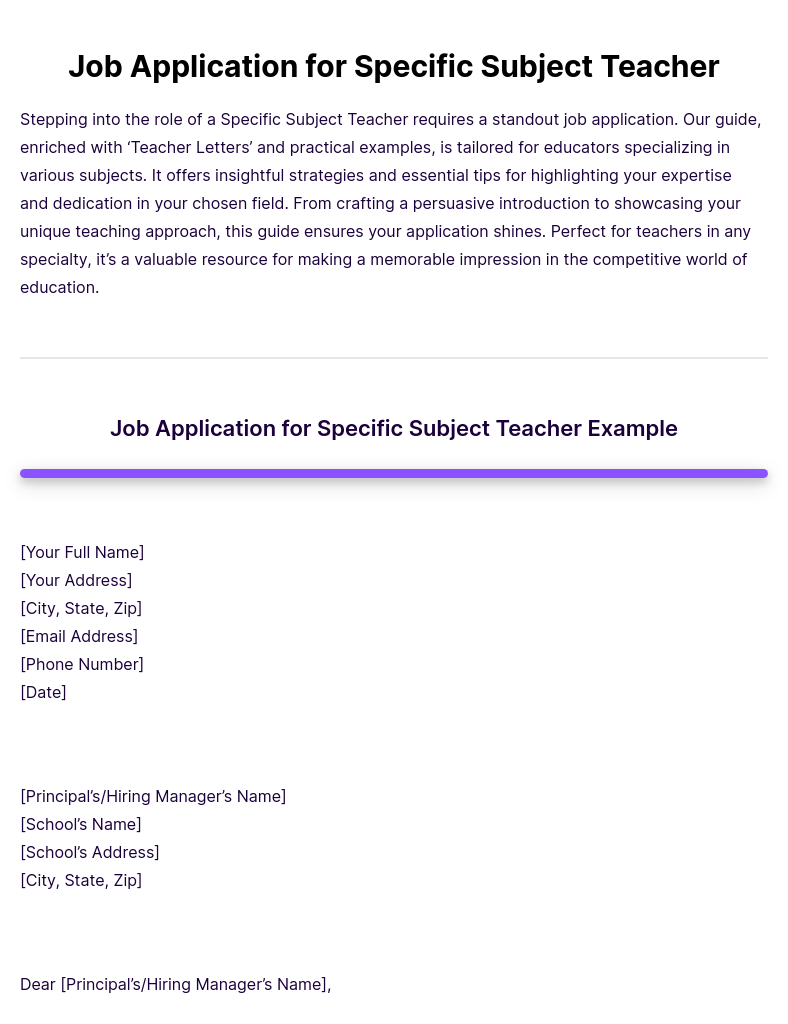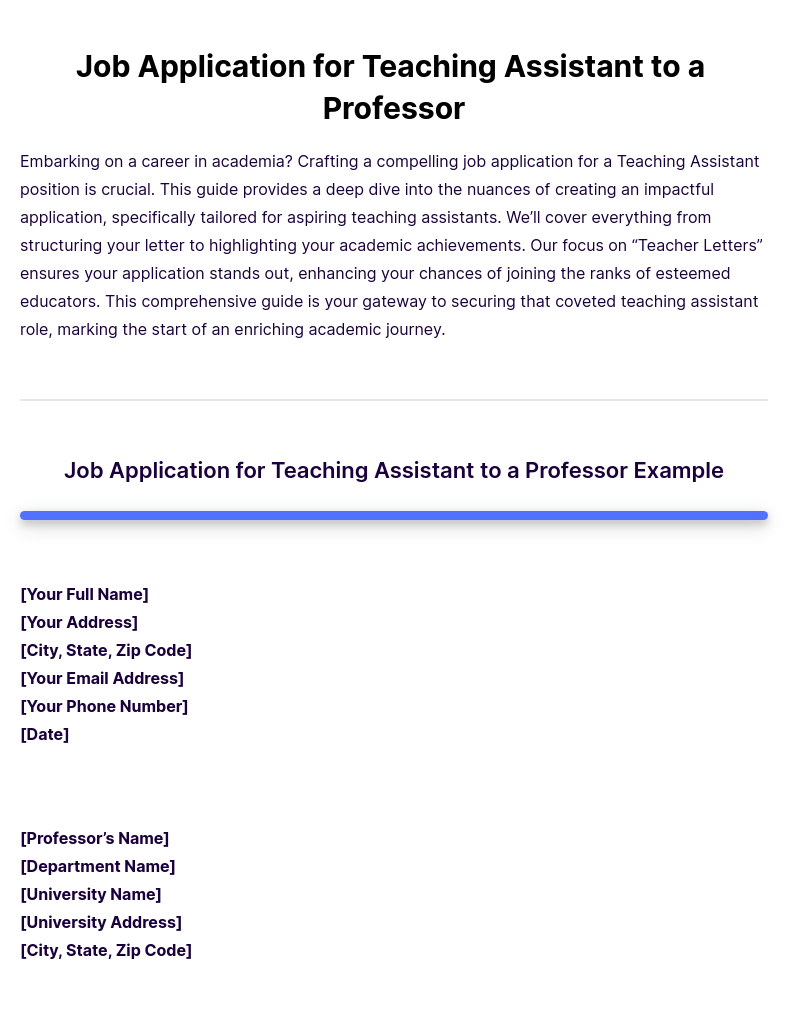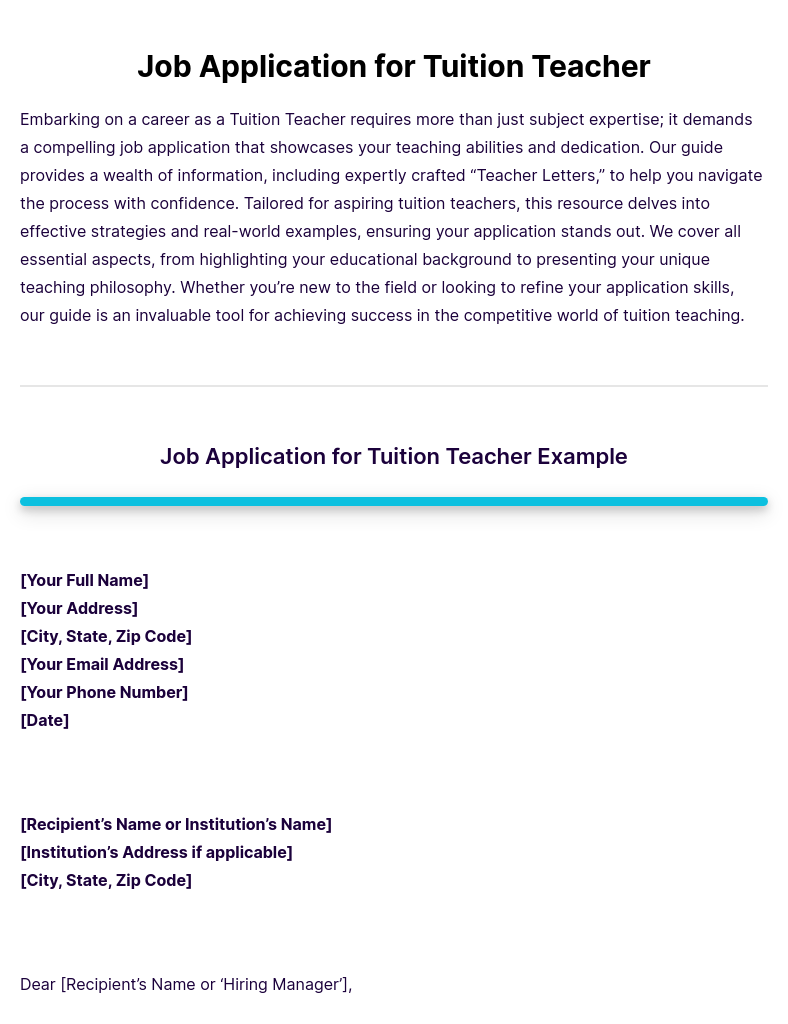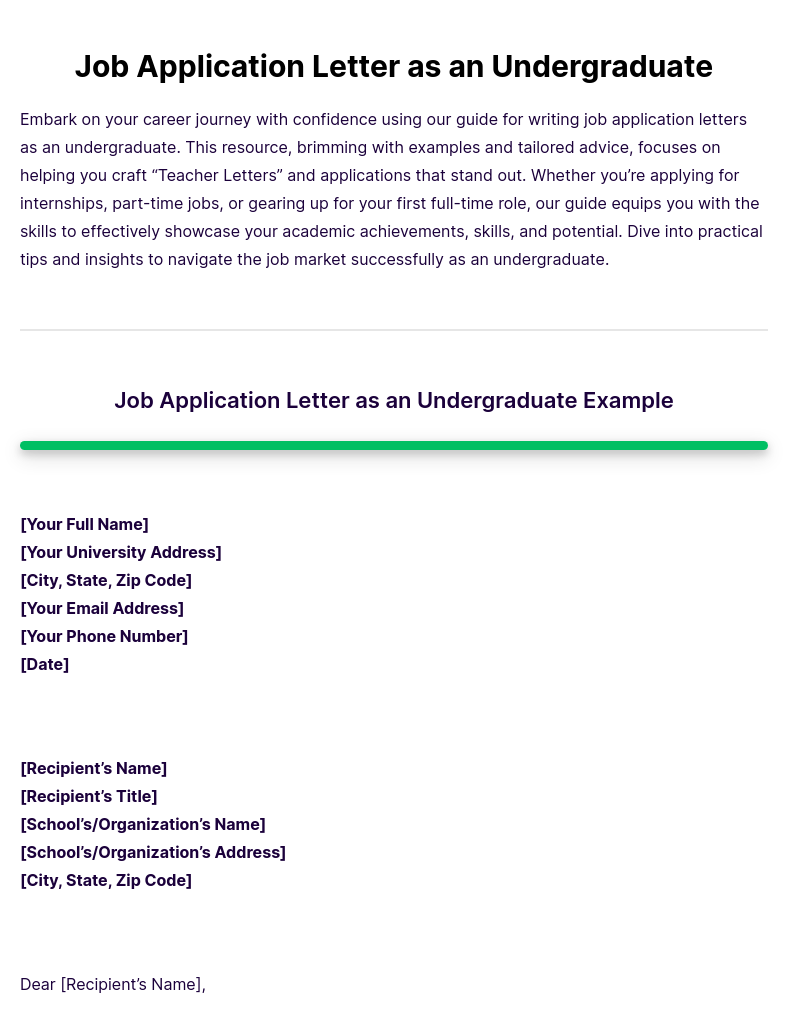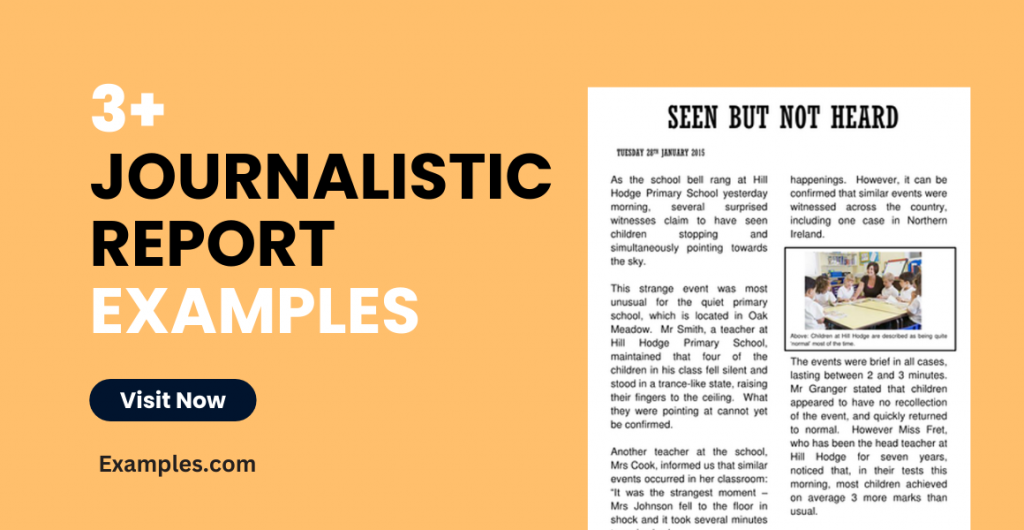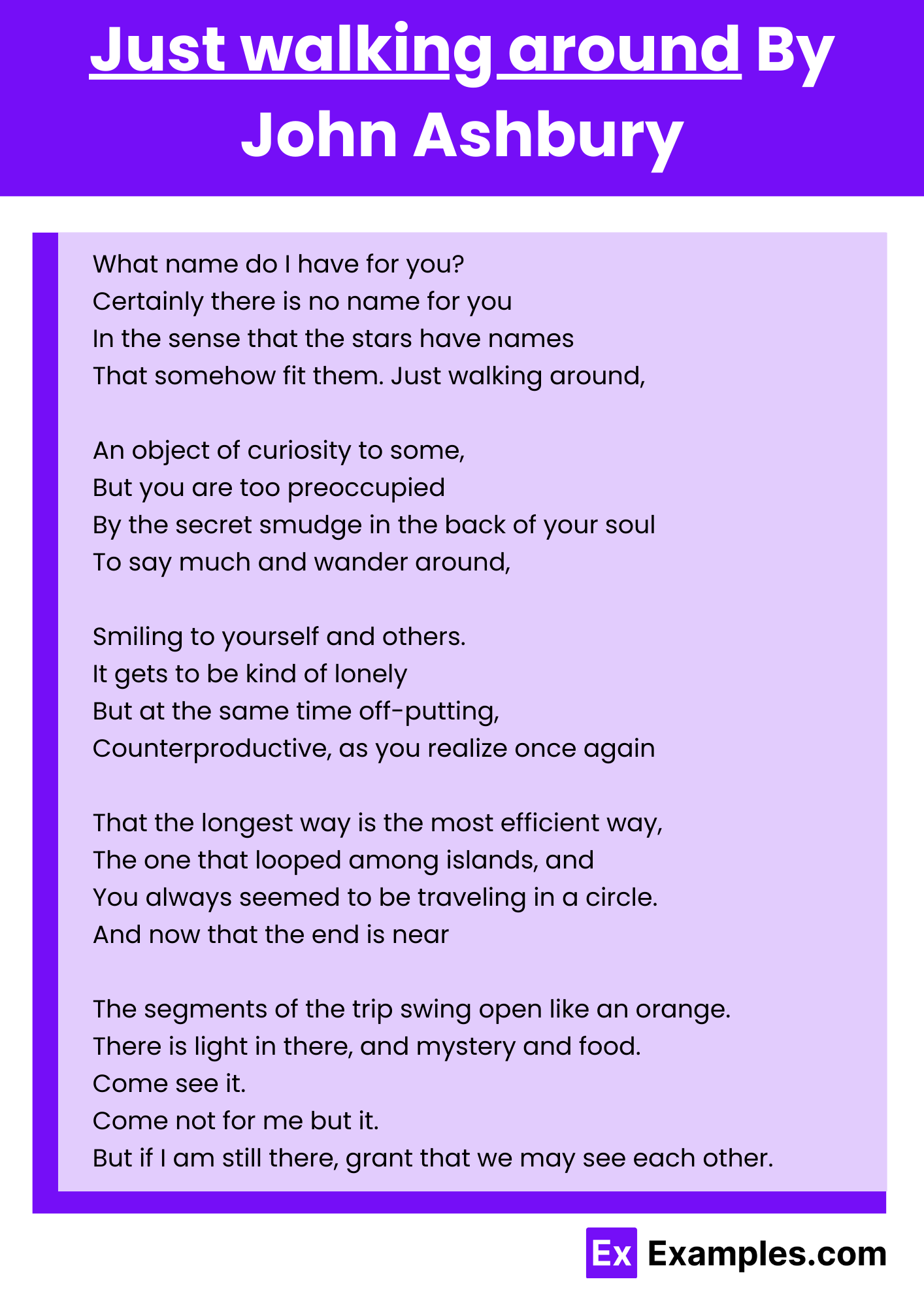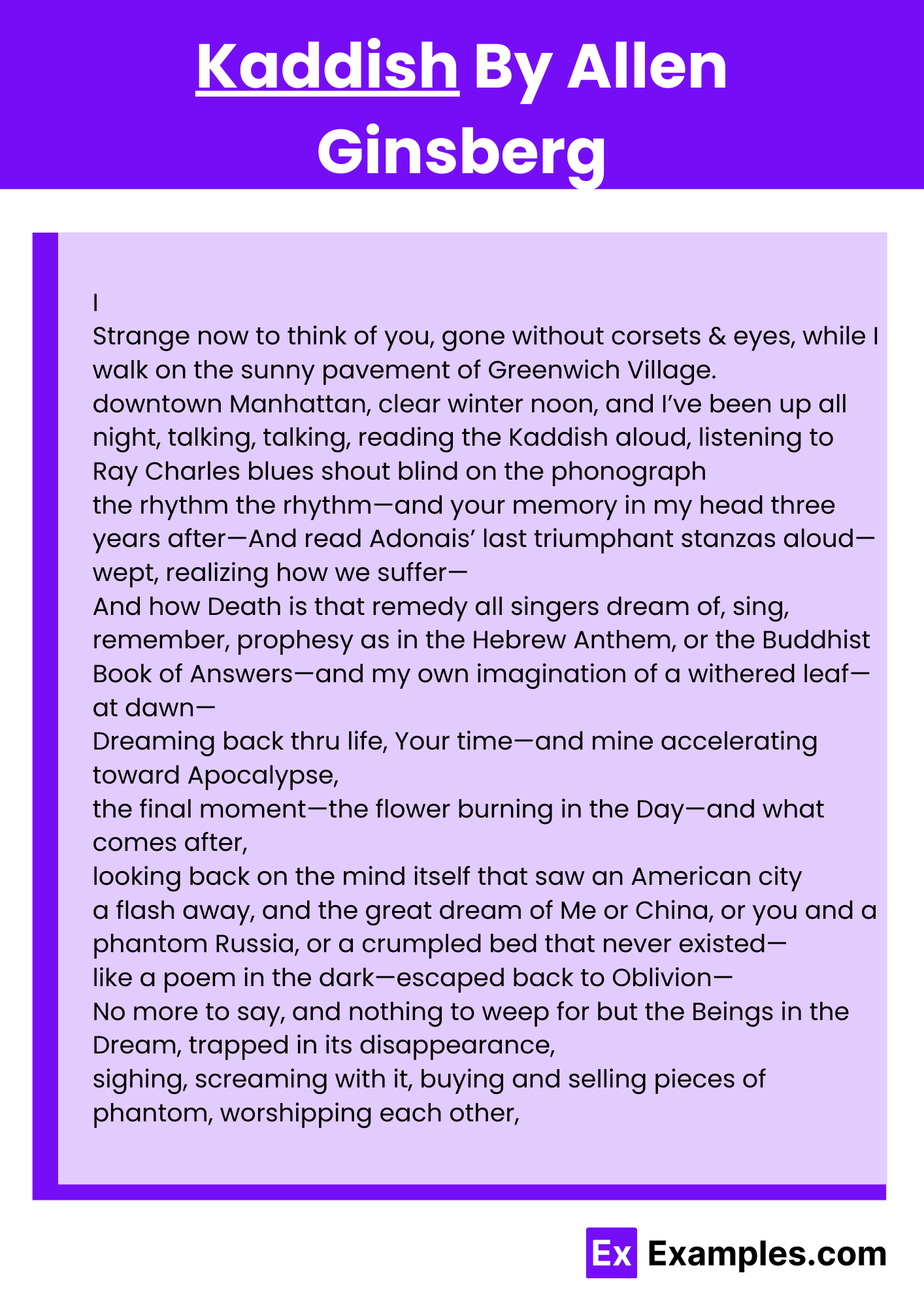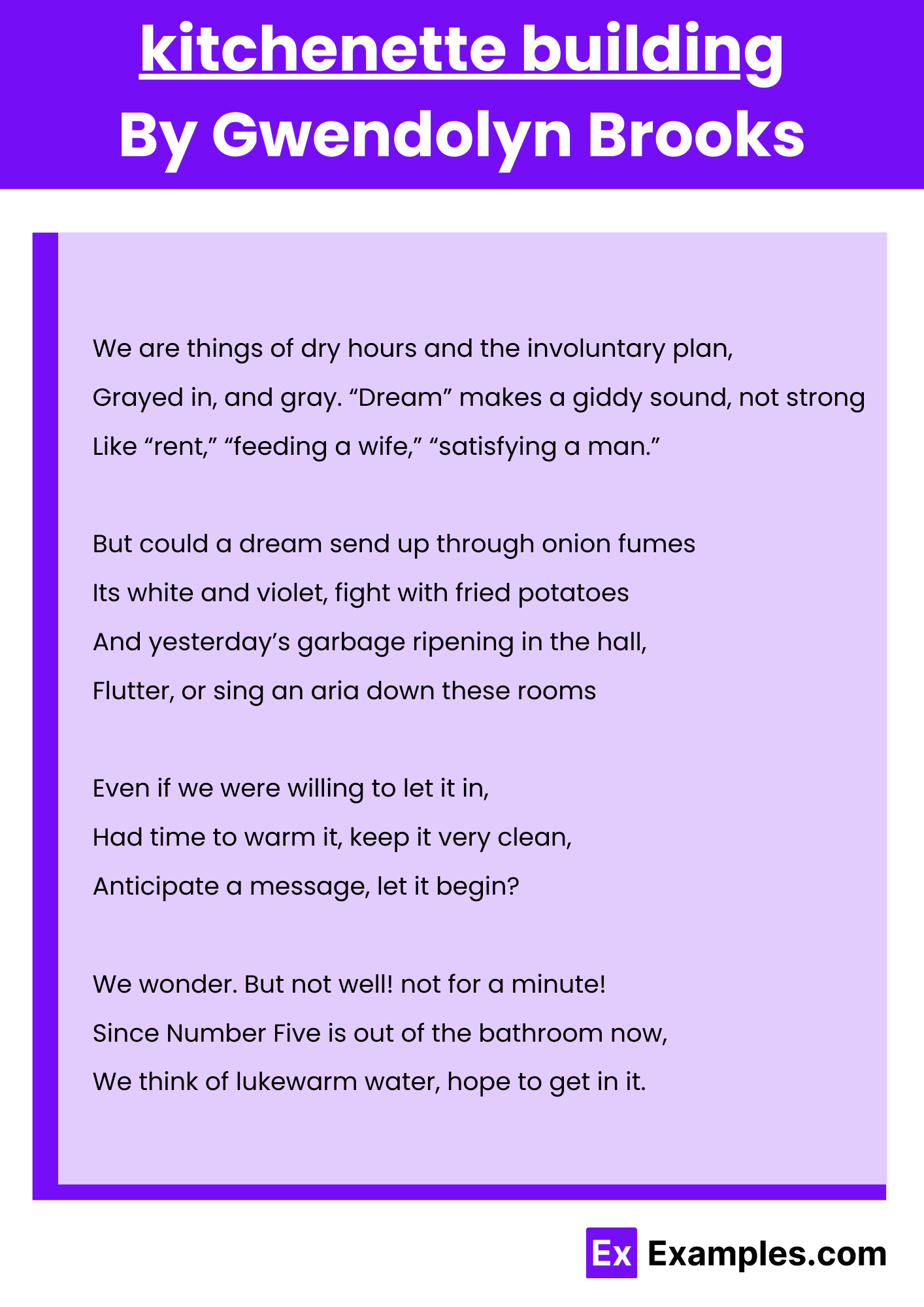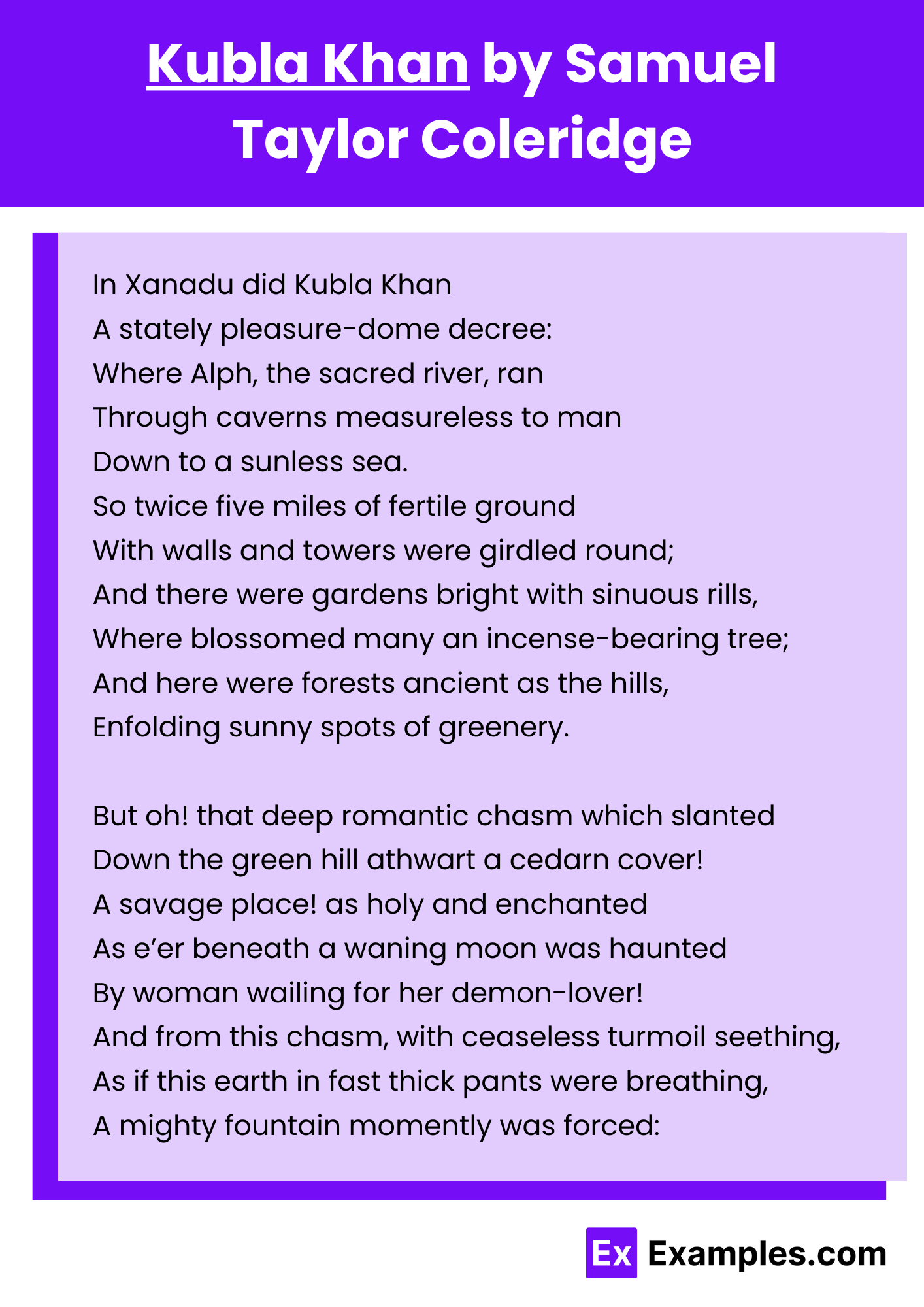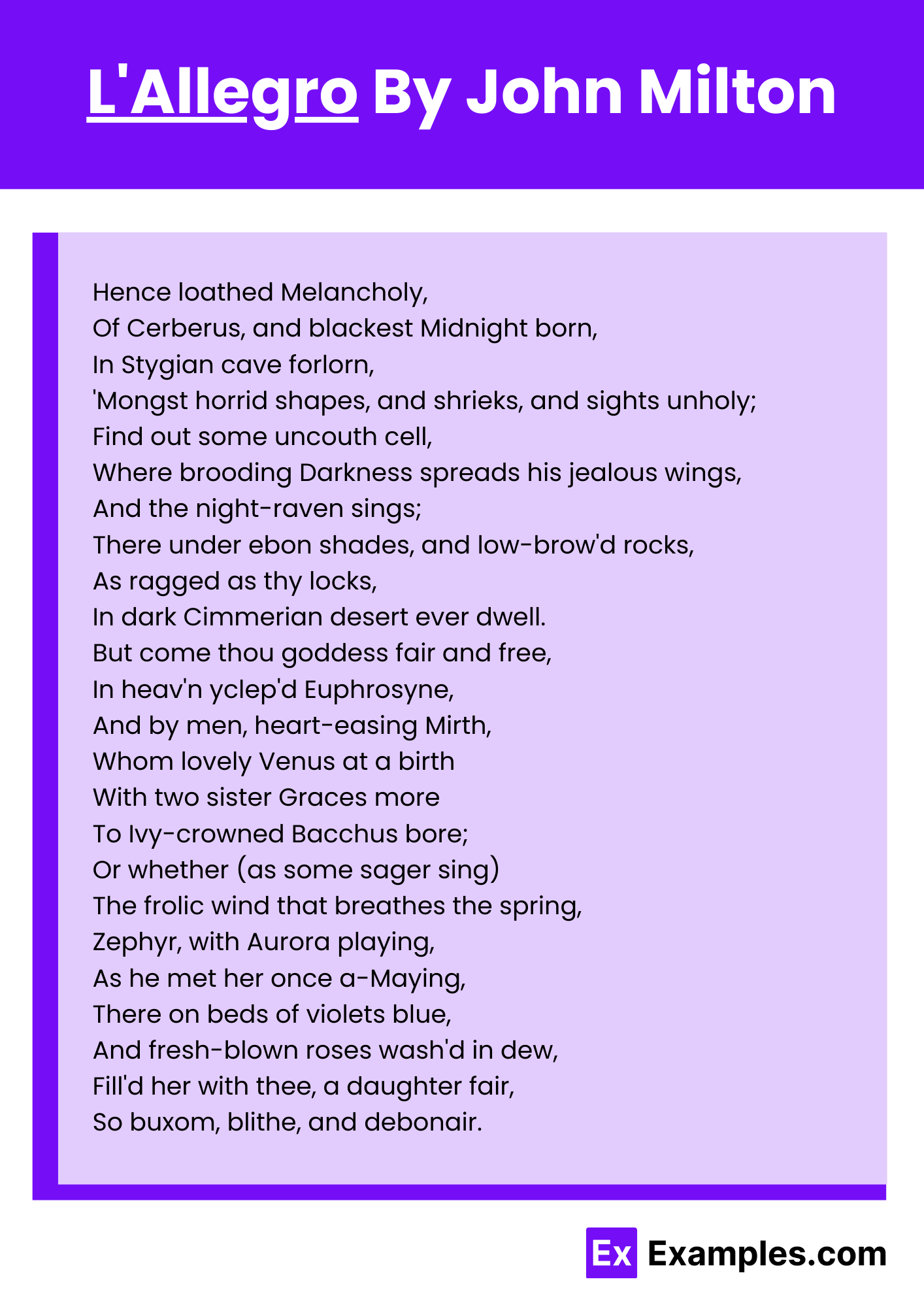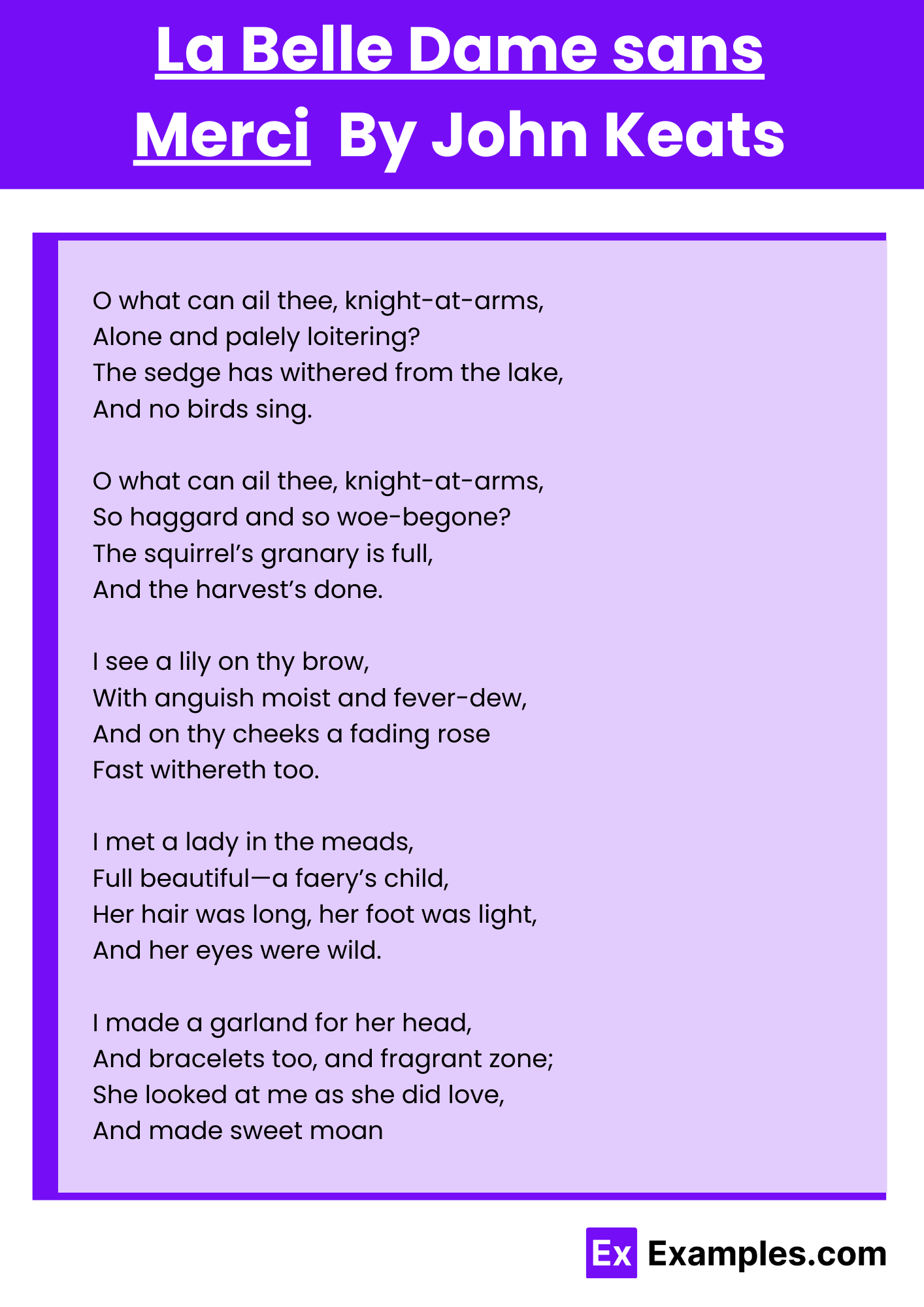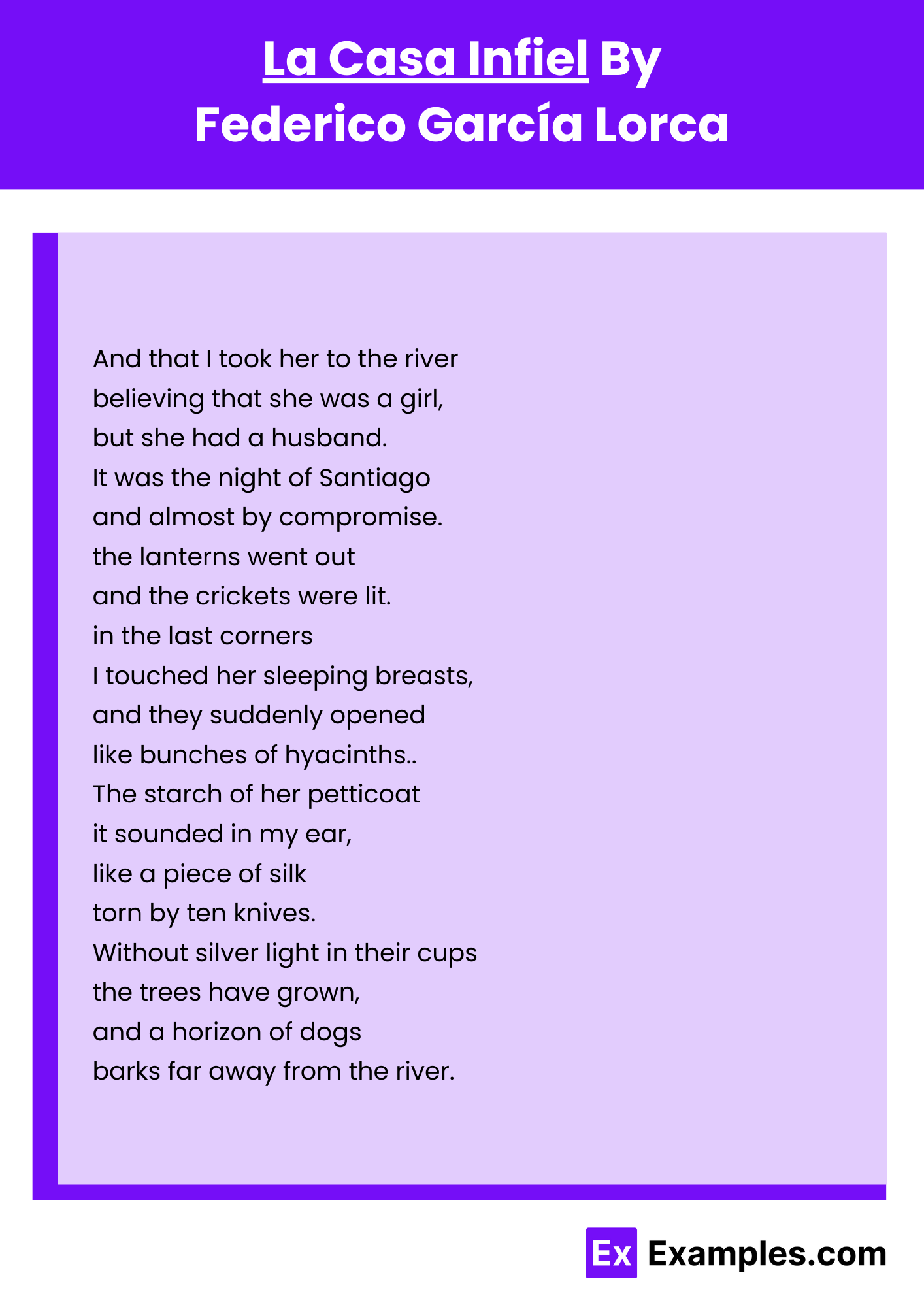Education is often described as the key to success, but its significance can vary greatly depending on an individual’s perspective and life experiences. To explore this concept further, I interviewed Emily Roberts, a high school senior preparing for college. Emily’s story provides a unique insight into the challenges and aspirations of today’s students, offering a powerful reflection on the value of education in shaping one’s future.
Emily began by sharing her passion for environmental science, a field she plans to pursue in college. When asked about what inspired her interest, she described a community project she participated in during middle school. “I worked on cleaning a local river, and that experience opened my eyes to how much we depend on nature,” Emily said. She explained how this project influenced her decision to take advanced placement courses in biology and chemistry to better understand environmental challenges.
Discussing her academic journey, Emily admitted that balancing her studies with extracurricular activities has been challenging. As the president of the school’s debate team and a member of the soccer team, she often struggles to manage her time effectively. “There are days when I feel overwhelmed, but I remind myself why I’m doing all this. It’s to build a strong foundation for my future,” she shared. Her ability to stay focused despite these challenges demonstrates her dedication and resilience.
One of the most impactful parts of the interview was when Emily talked about her family’s role in her education. She comes from a family where neither parent attended college, making her the first in her family to pursue higher education. “My parents always told me to dream big. They didn’t have the same opportunities, but they’ve worked so hard to ensure I do,” she said, her voice filled with emotion. This perspective highlighted the importance of family support in shaping students’ educational goals.
Emily also discussed the financial barriers she faces in pursuing college. Despite her academic achievements, the cost of higher education remains a significant concern. “I’ve applied for several scholarships and part-time jobs, but it’s still daunting,” she explained. Her determination to overcome these obstacles serves as an inspiration for other students facing similar challenges.
When asked about her vision for the future, Emily expressed her desire to use her education to make a positive impact on the world. “I want to work on sustainable development projects that can help communities and the environment,” she said. Her passion and optimism reflect the potential of education to empower individuals to contribute to society.
Emily’s story is a testament to the resilience and ambition of today’s students. Through her journey, we see how education serves as both a challenge and an opportunity, shaping young minds to overcome obstacles and achieve their dreams. Her experience is a reminder that with determination, support, and hard work, students can turn their aspirations into reality.


